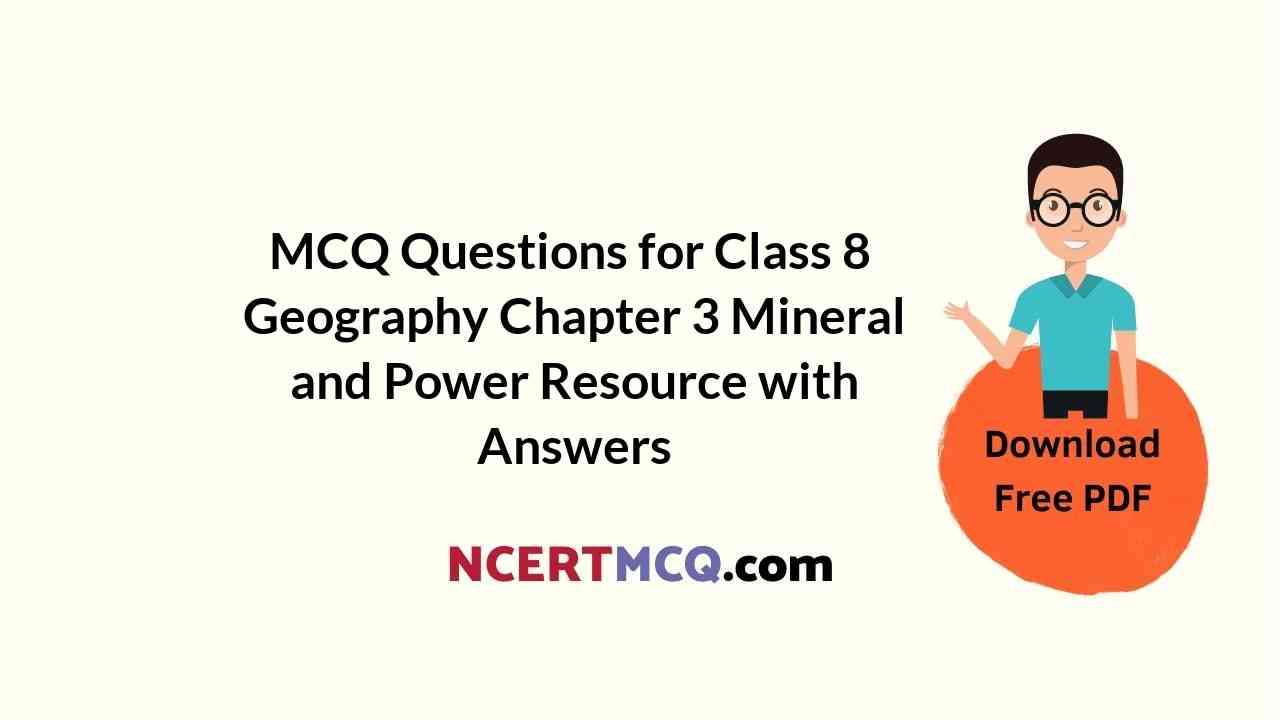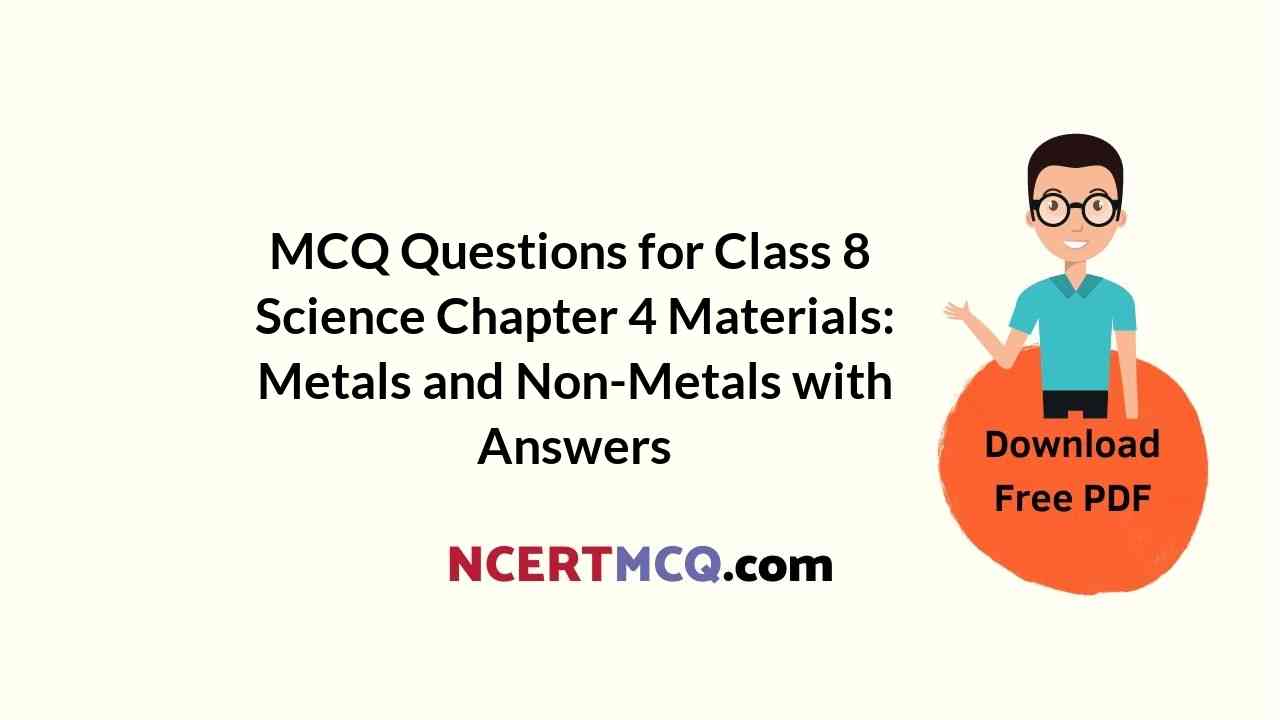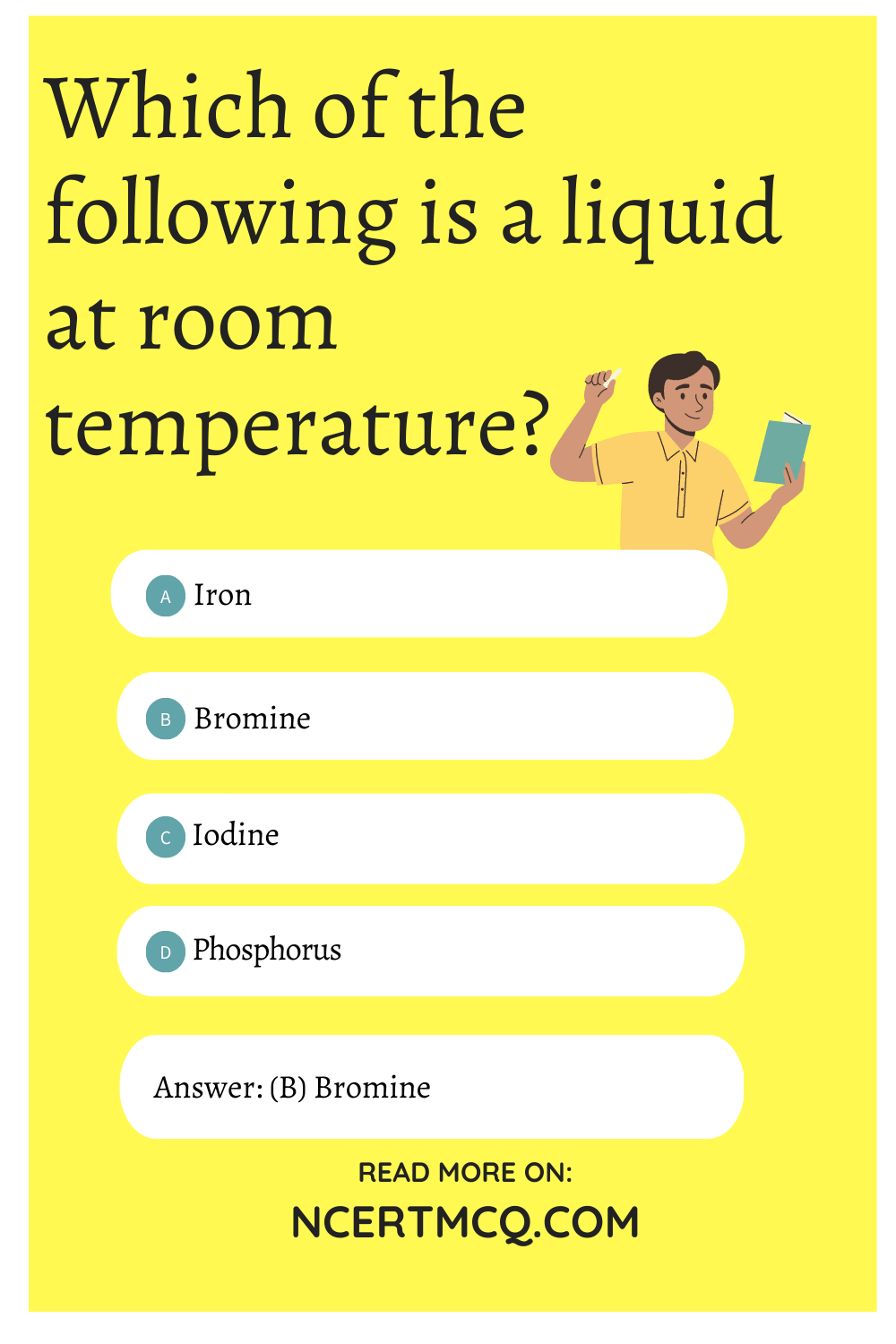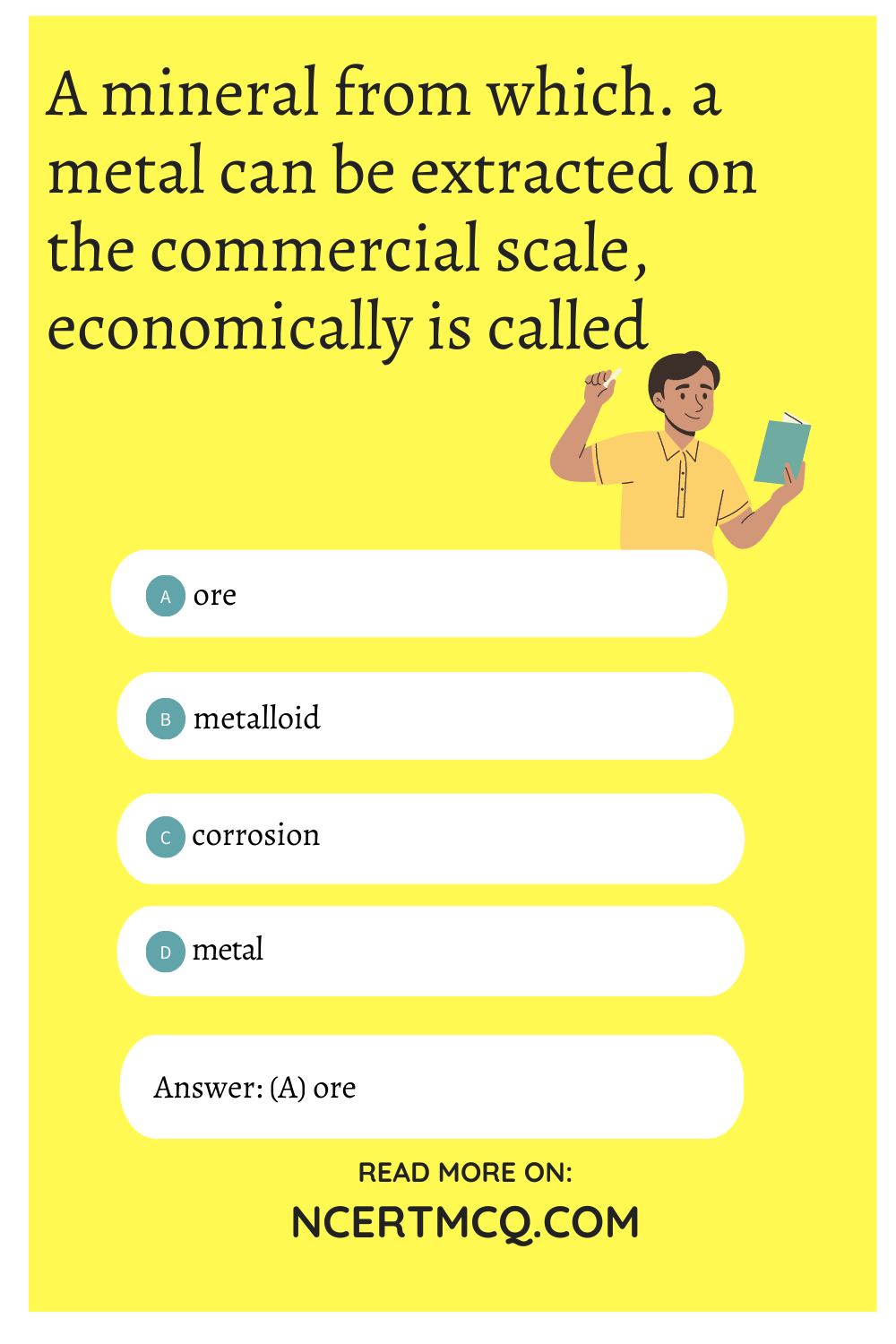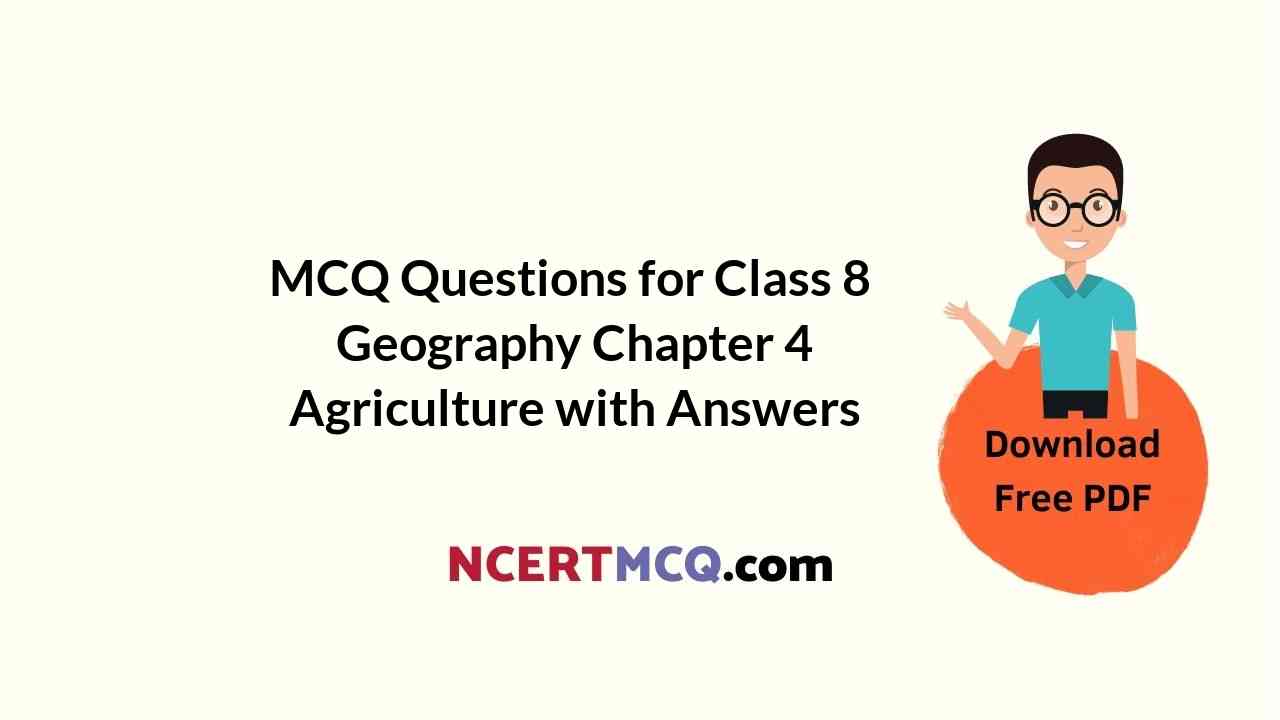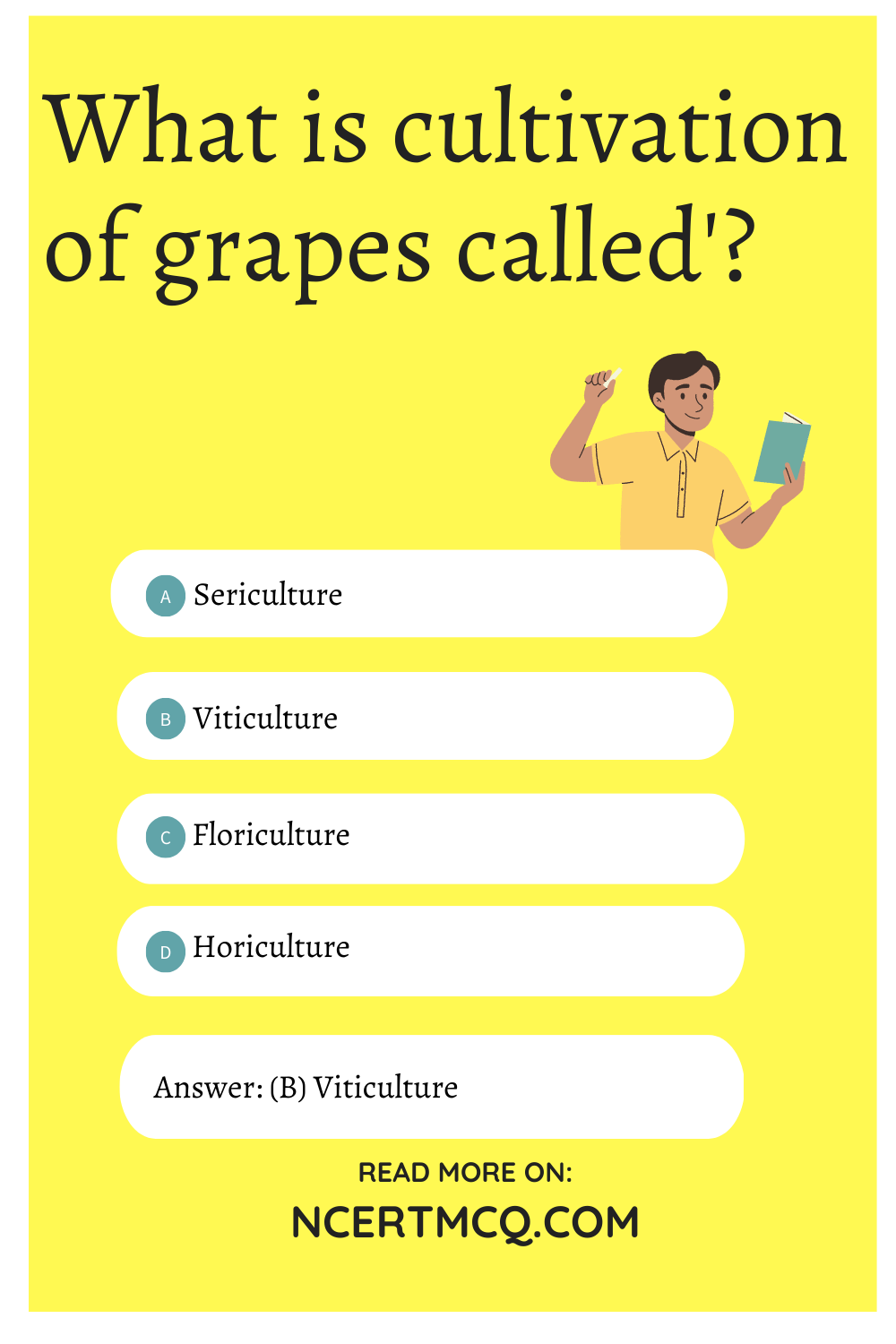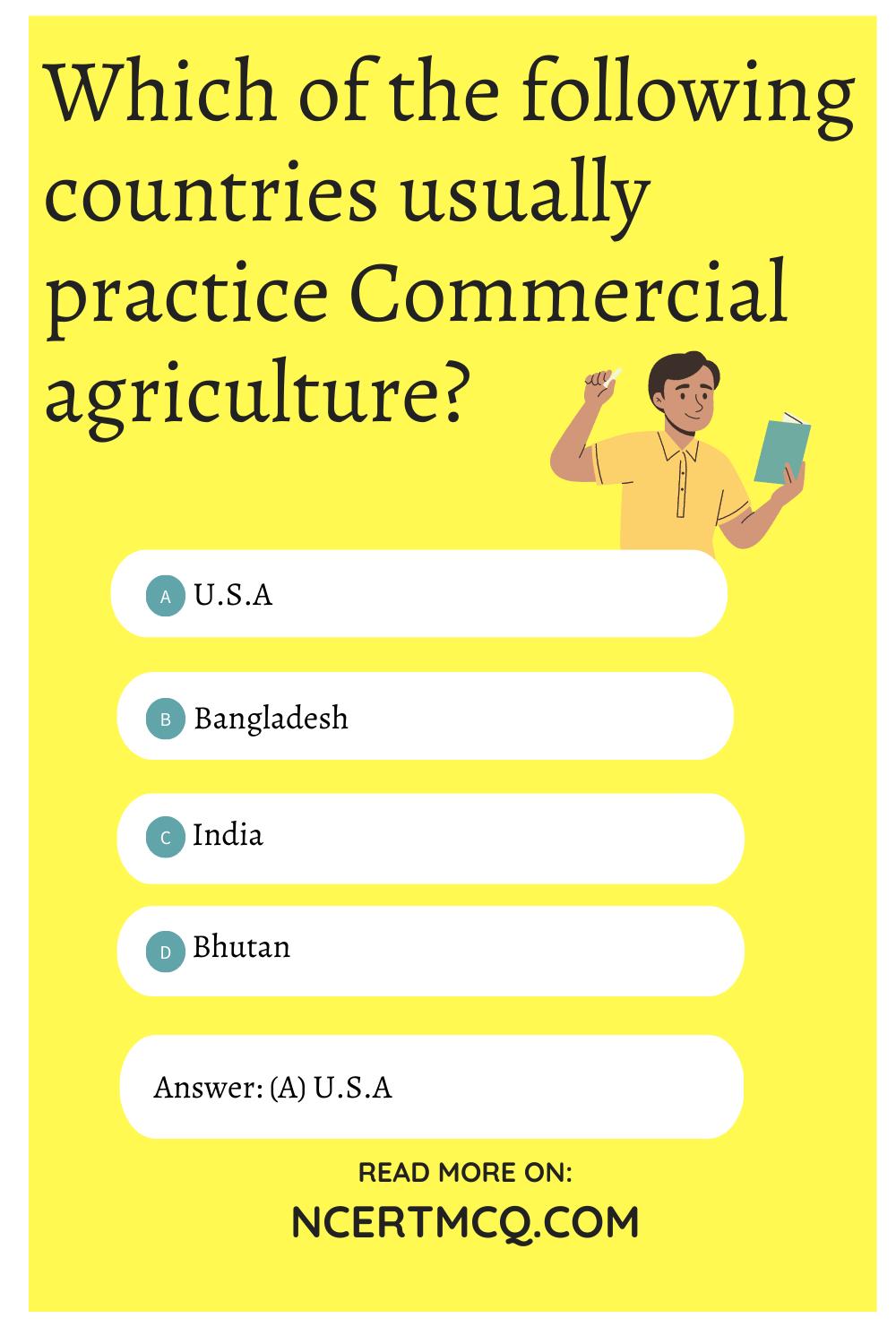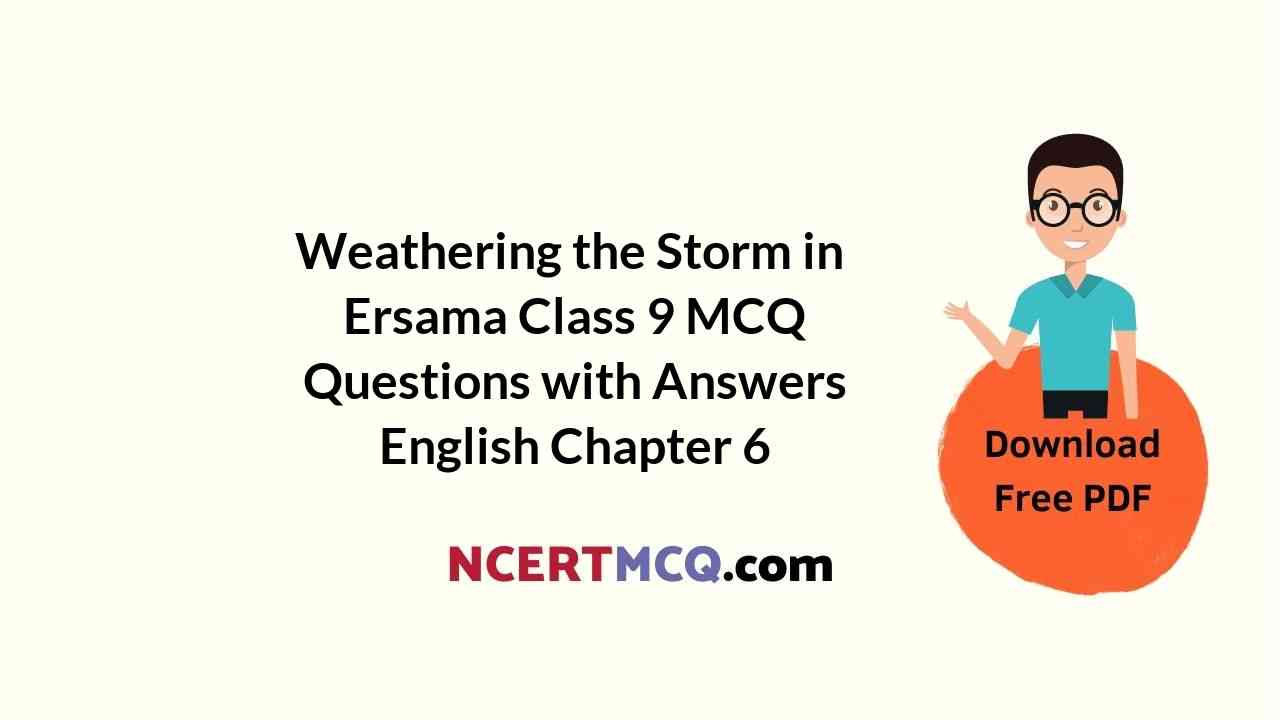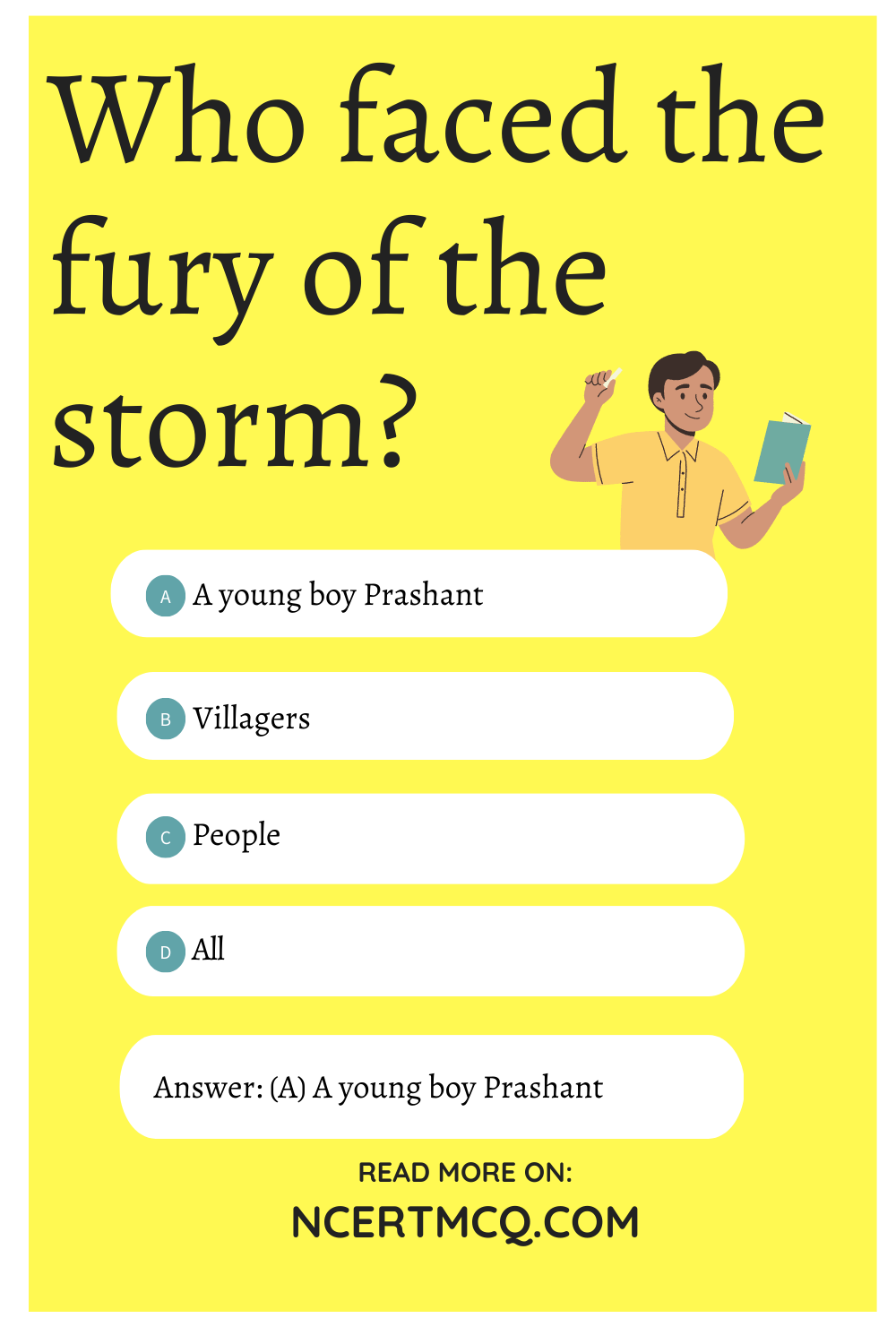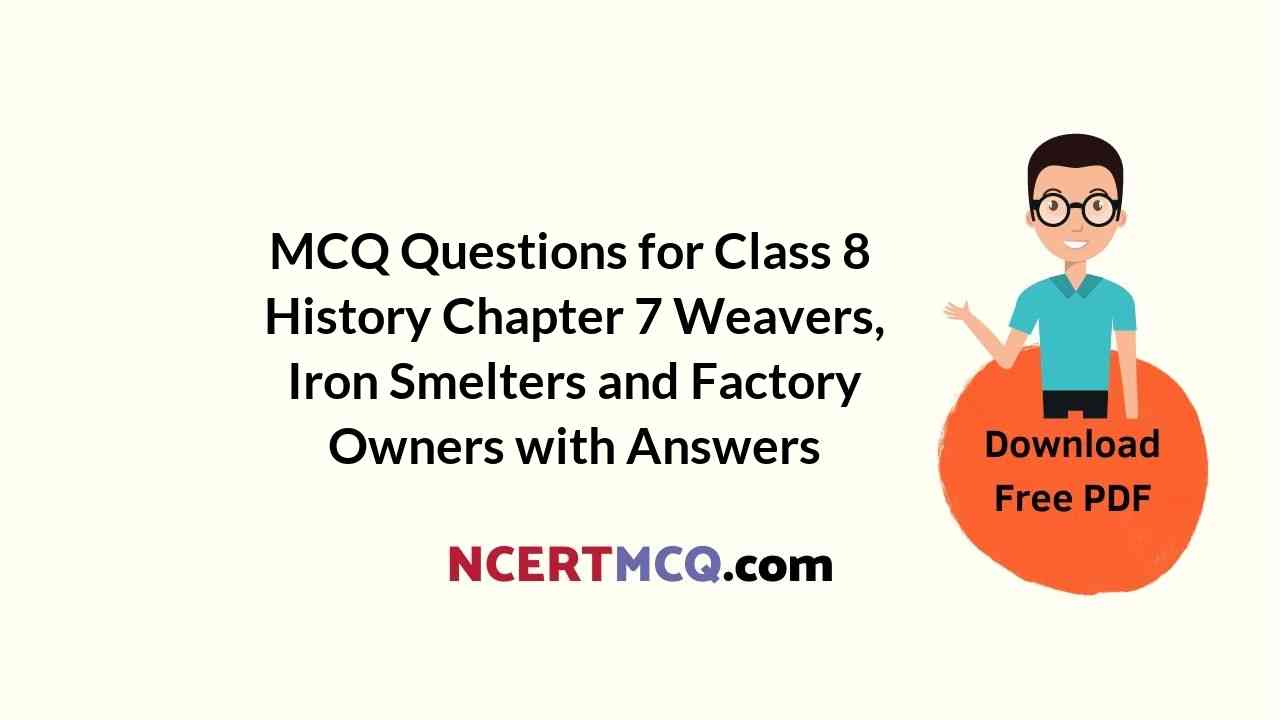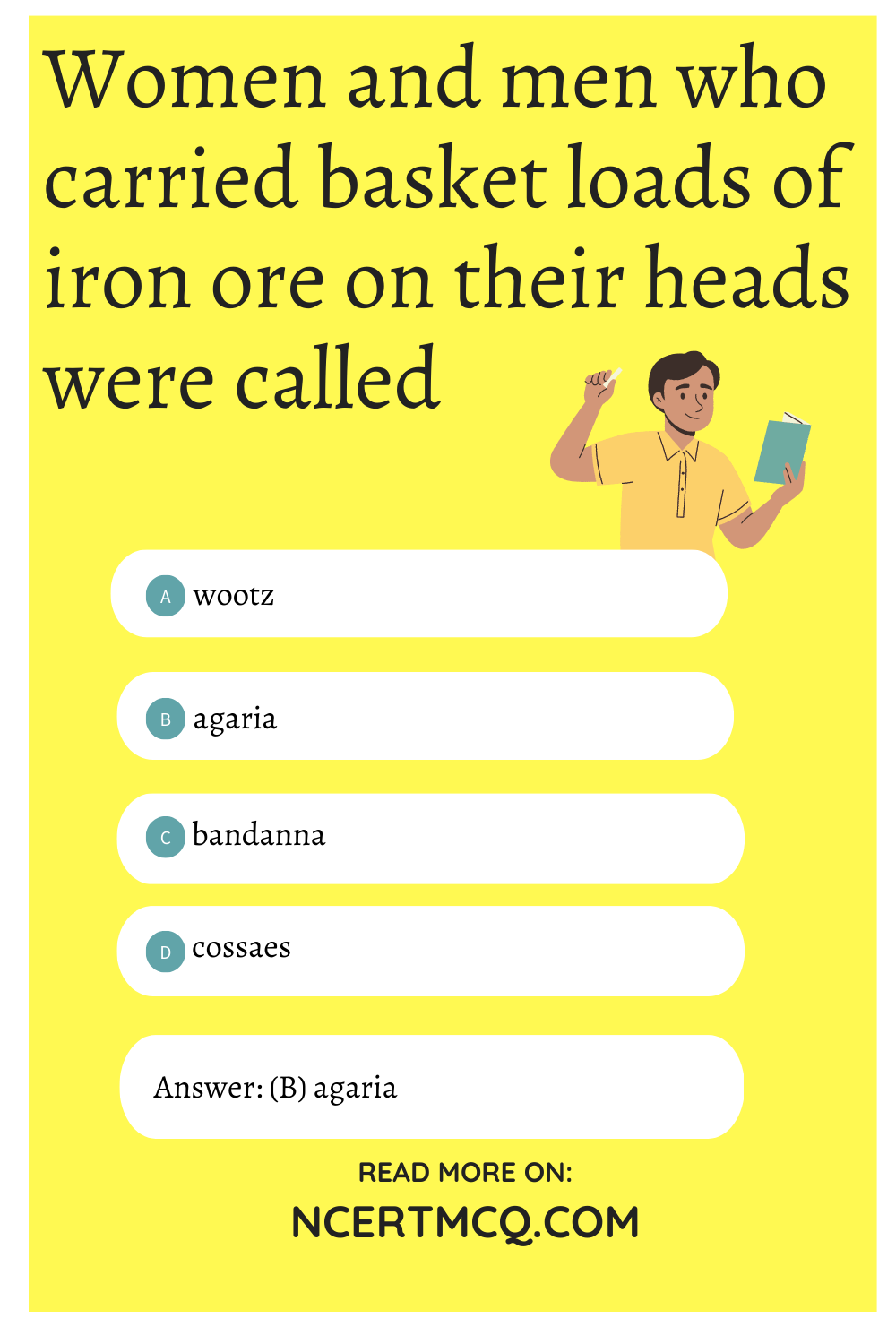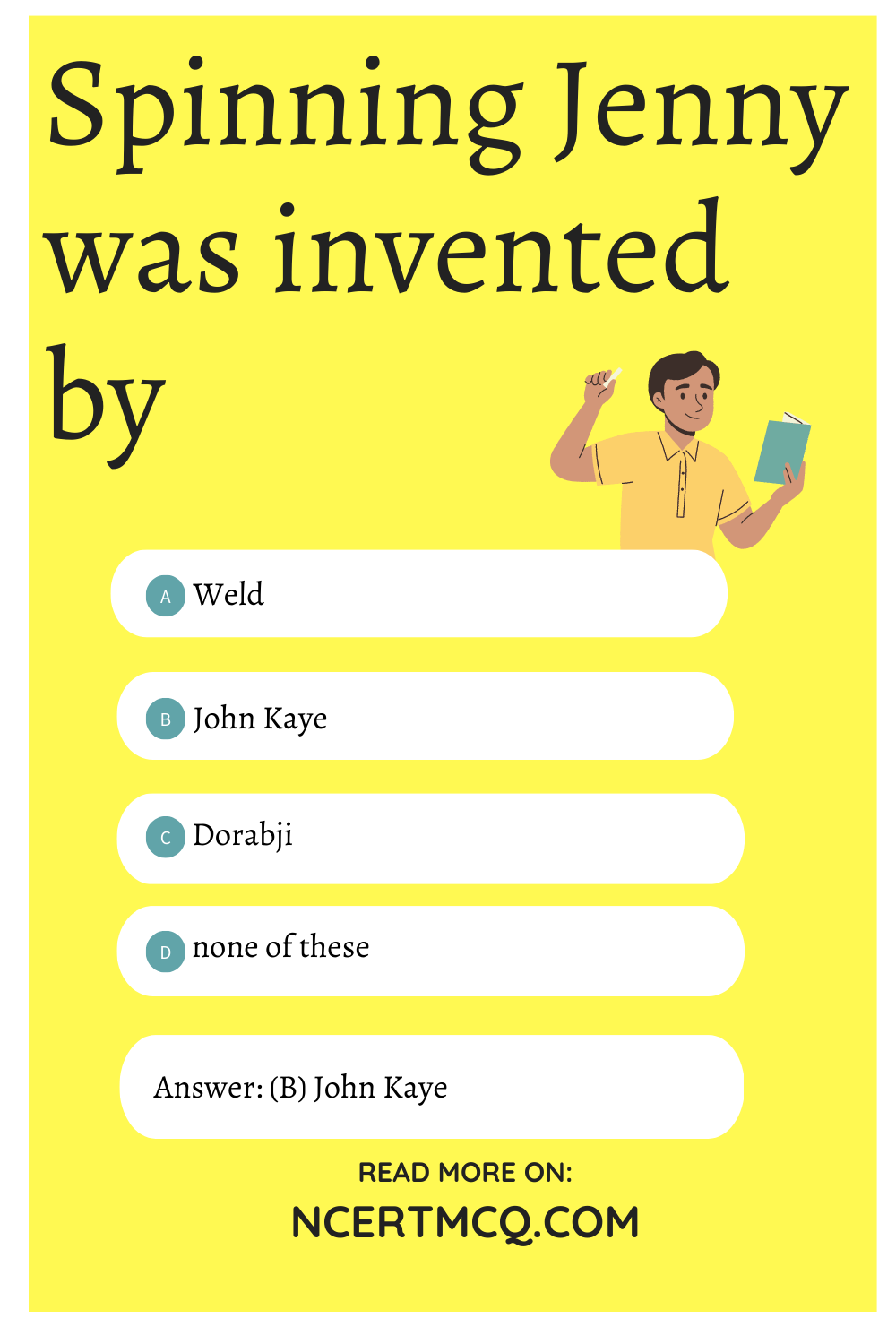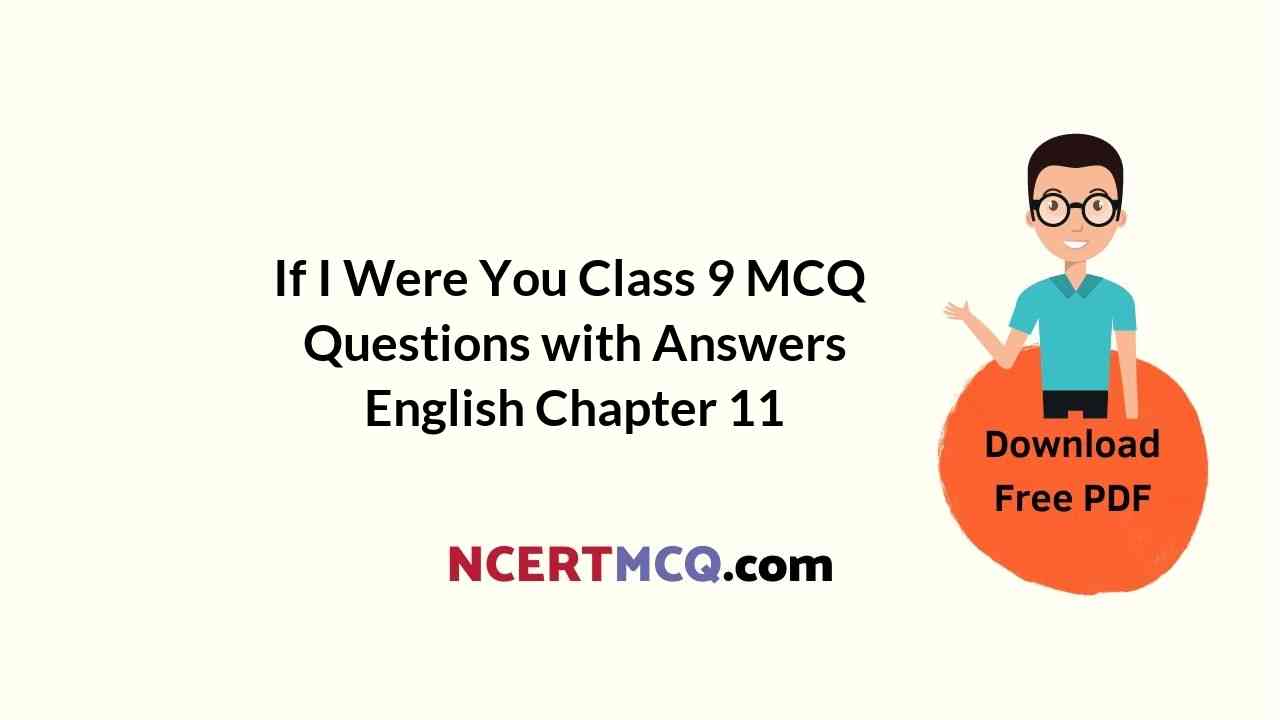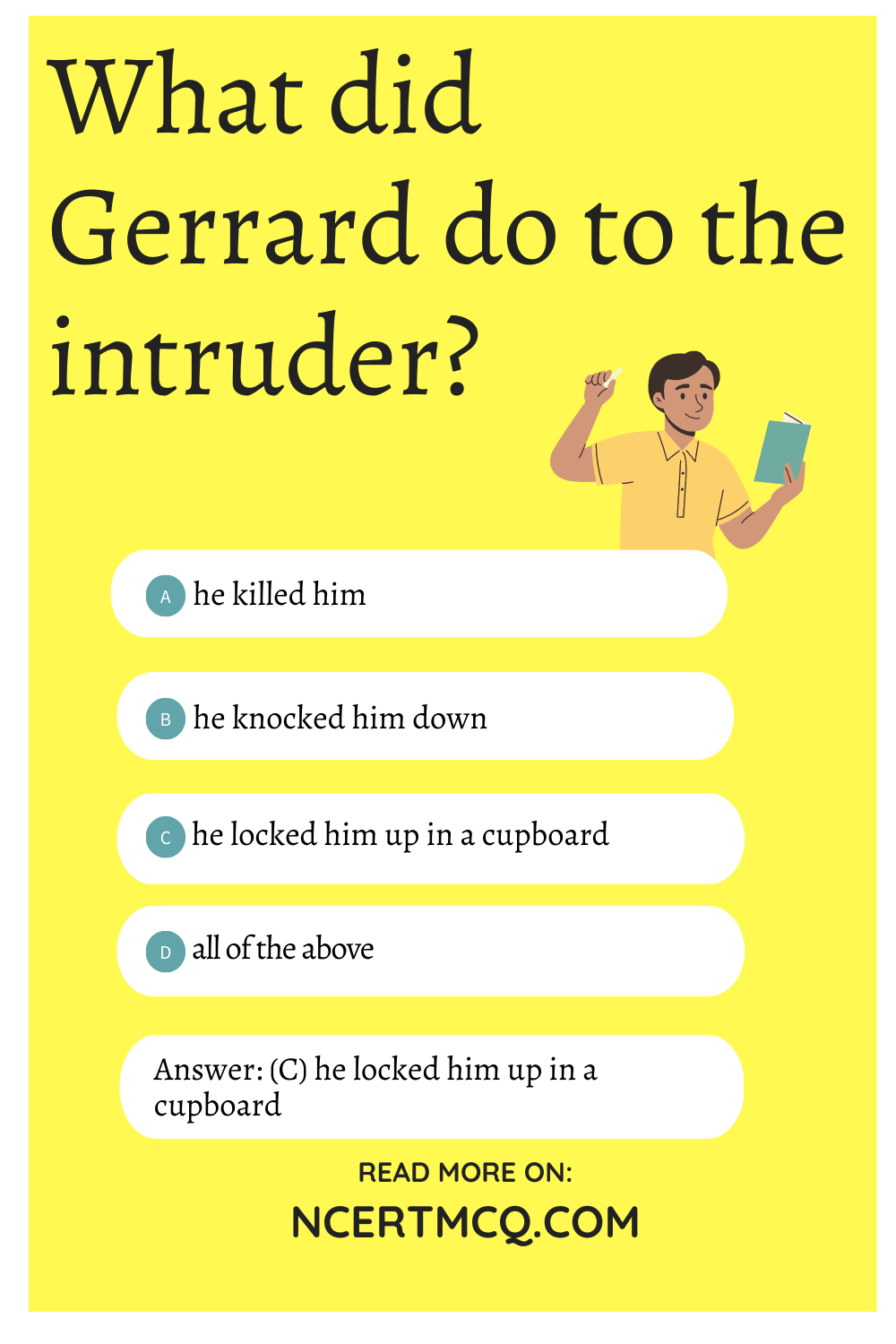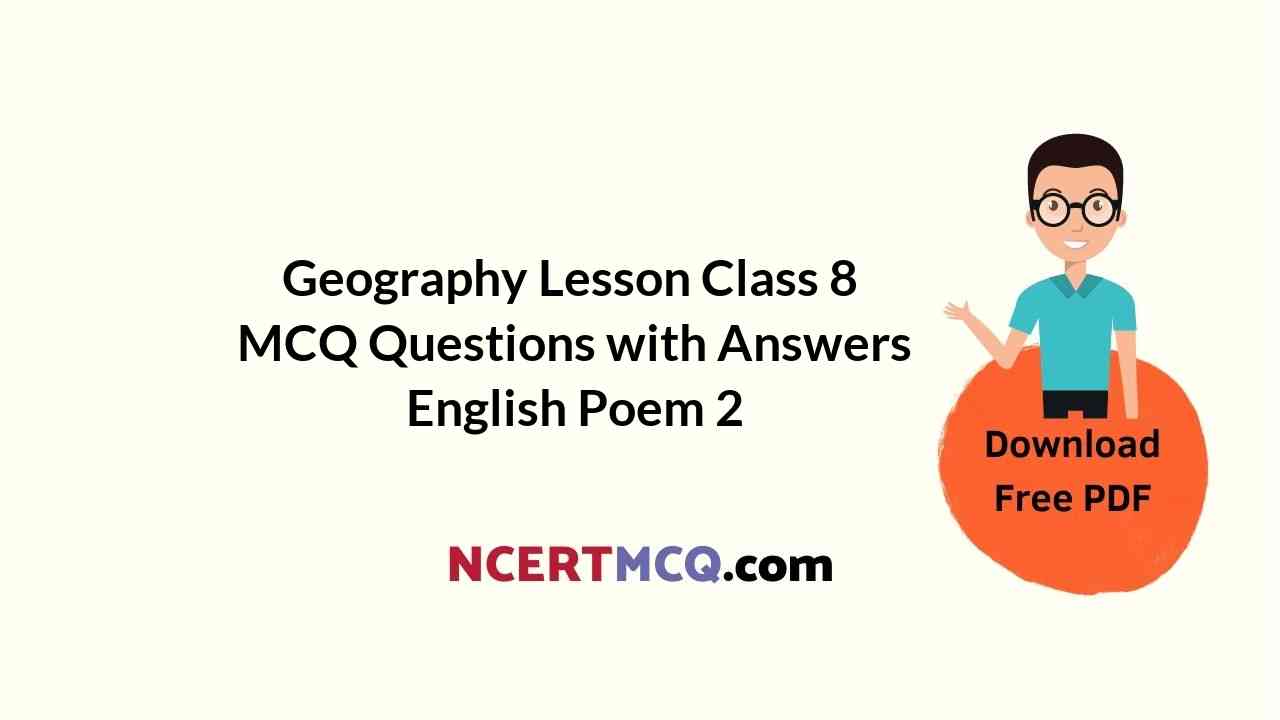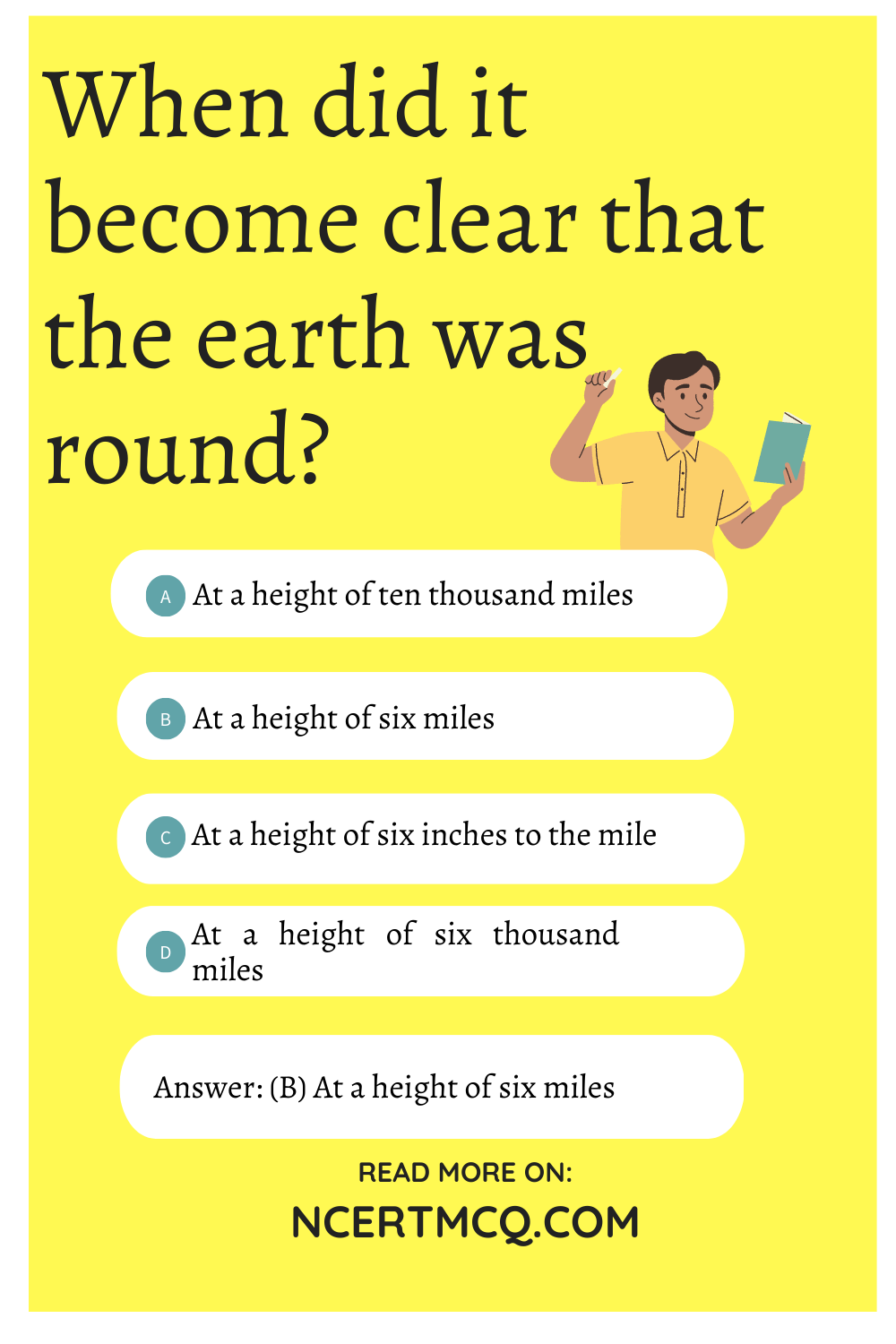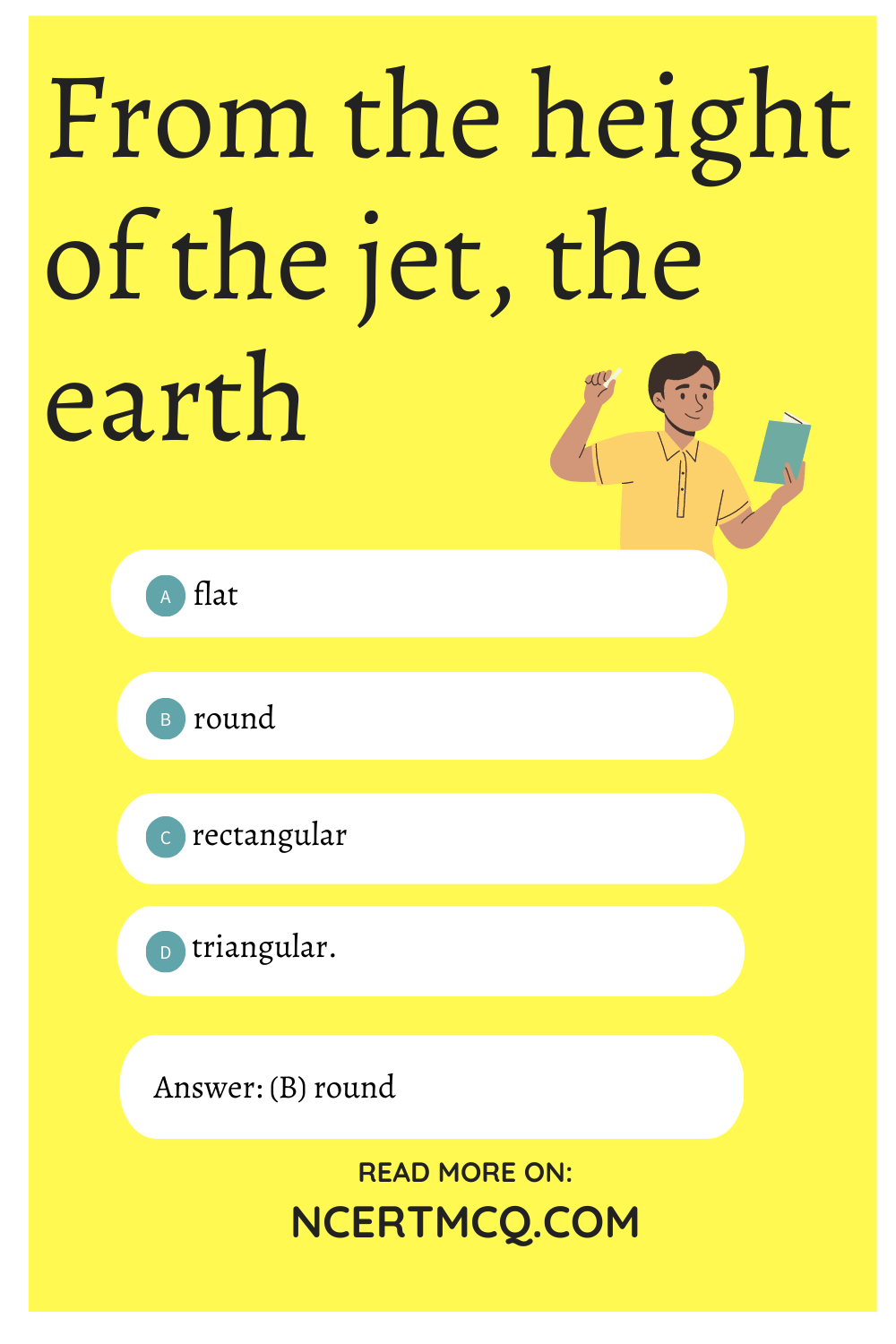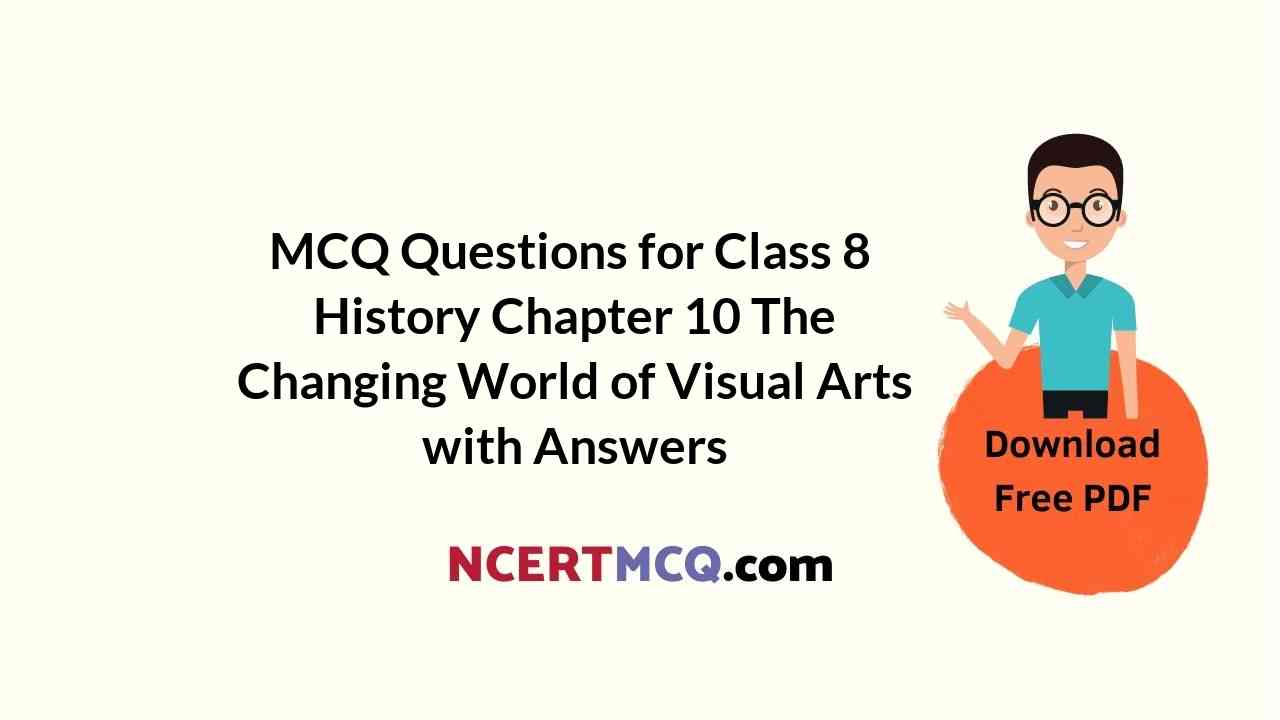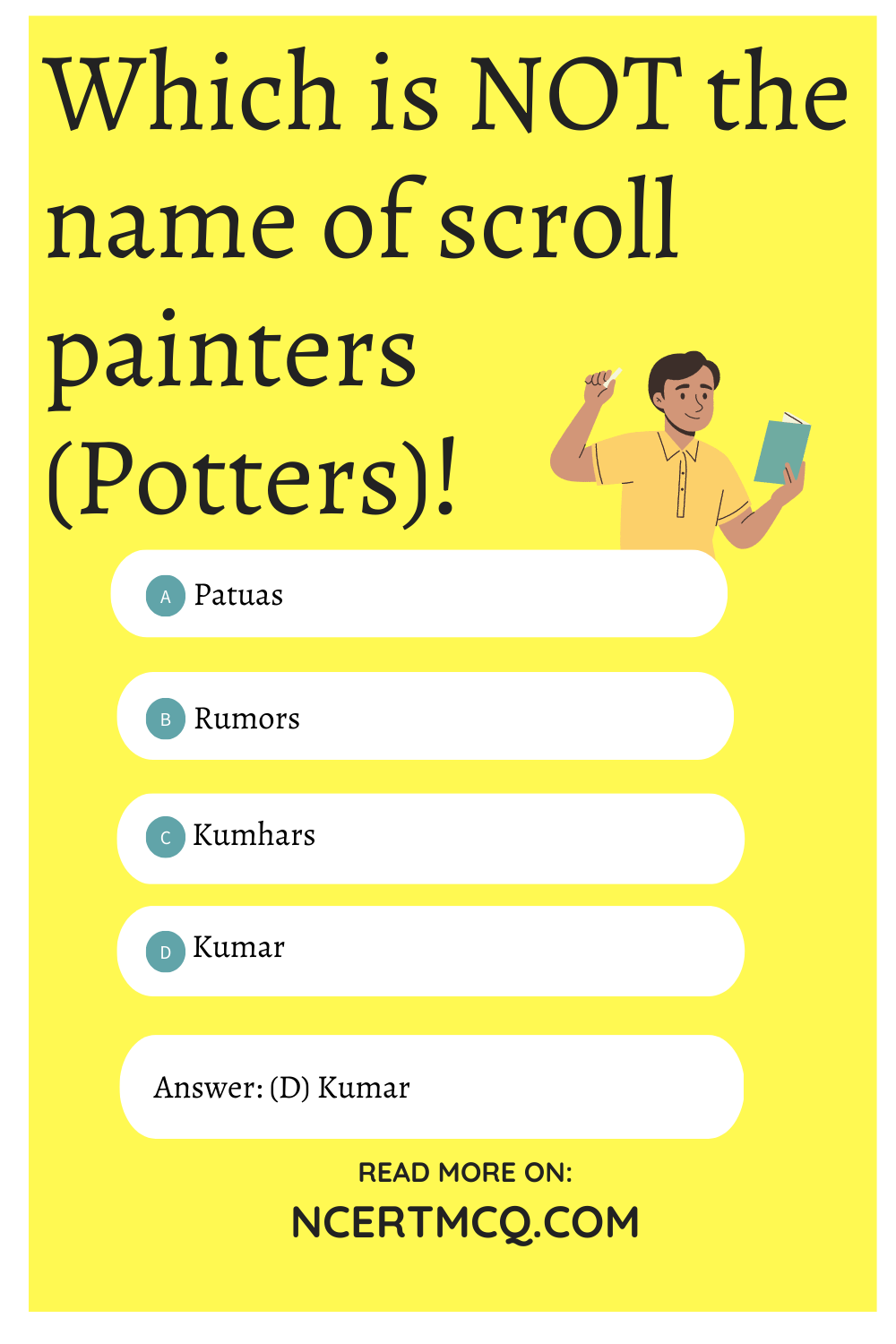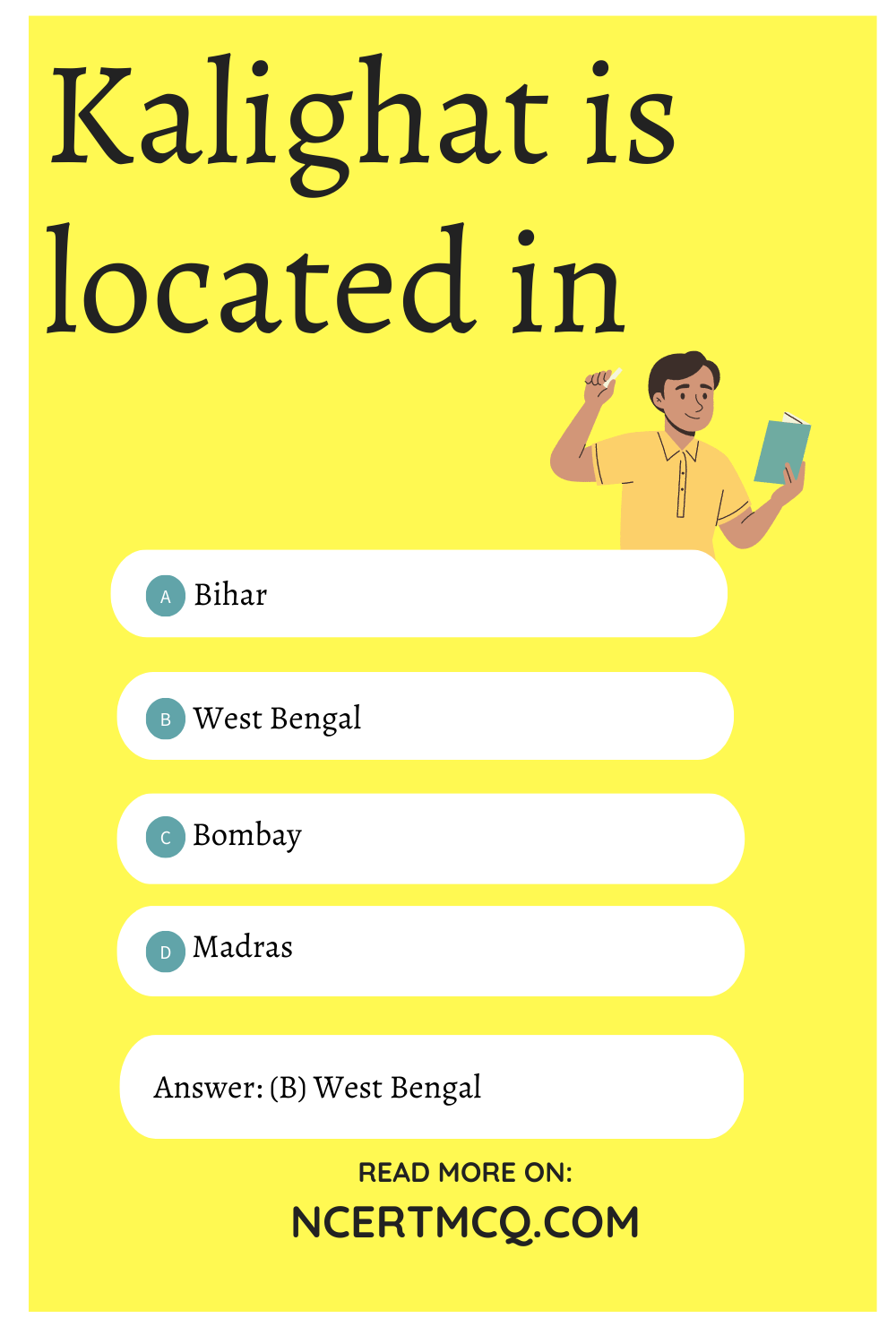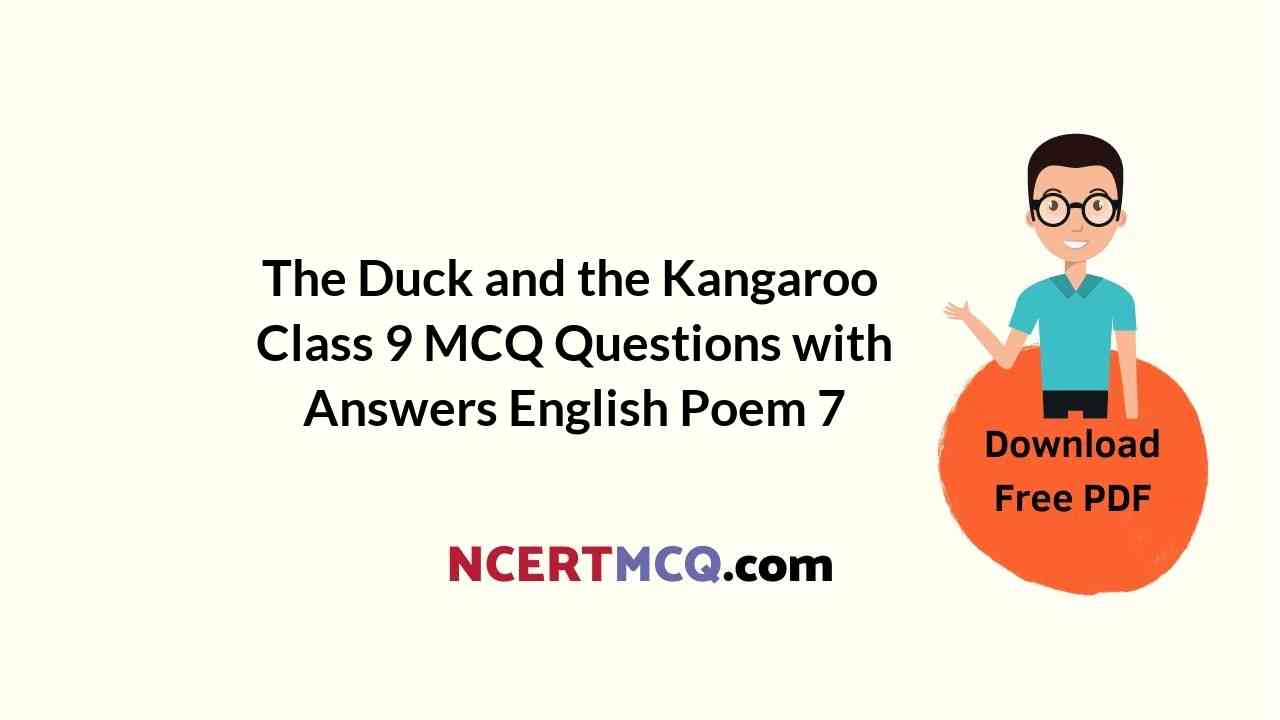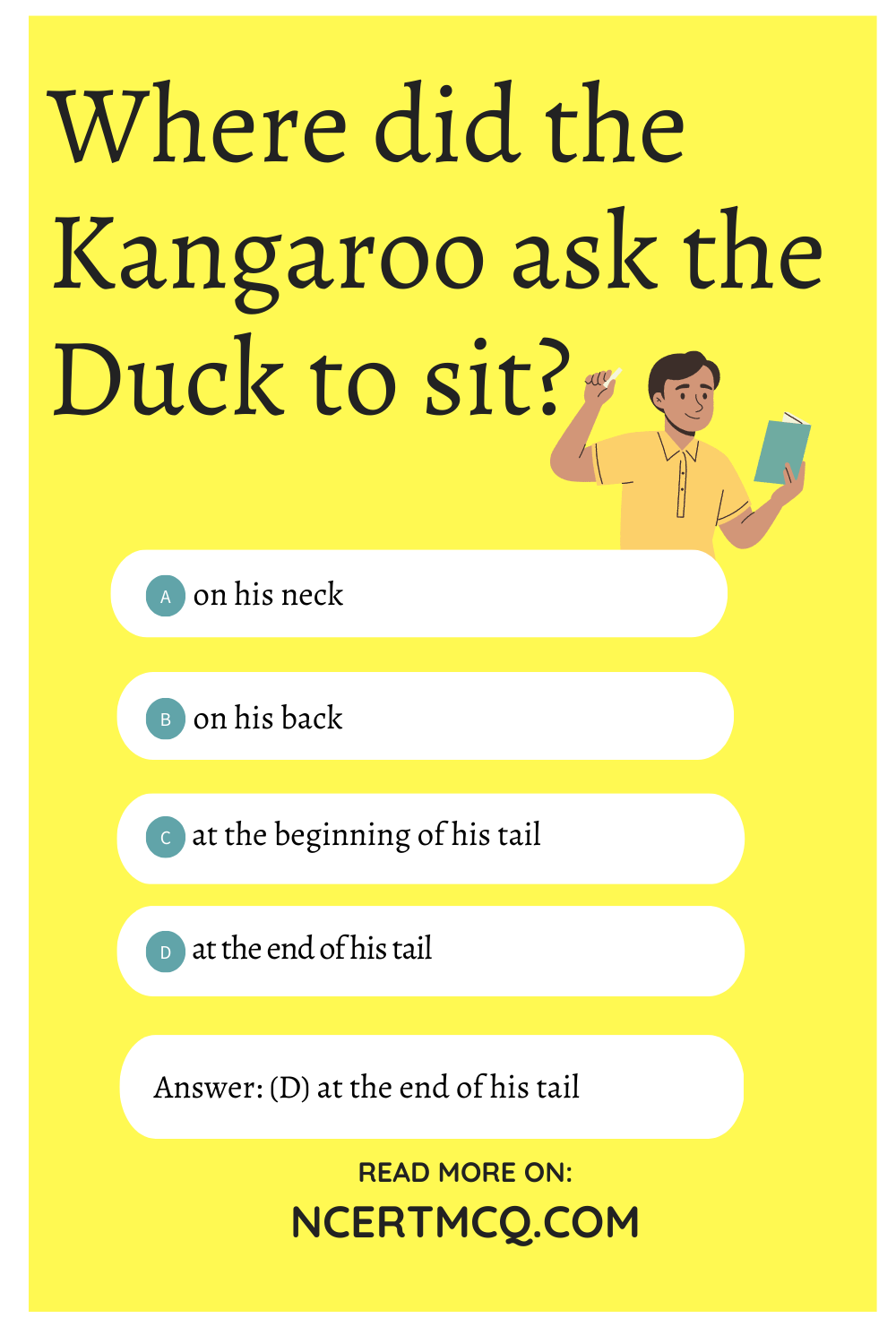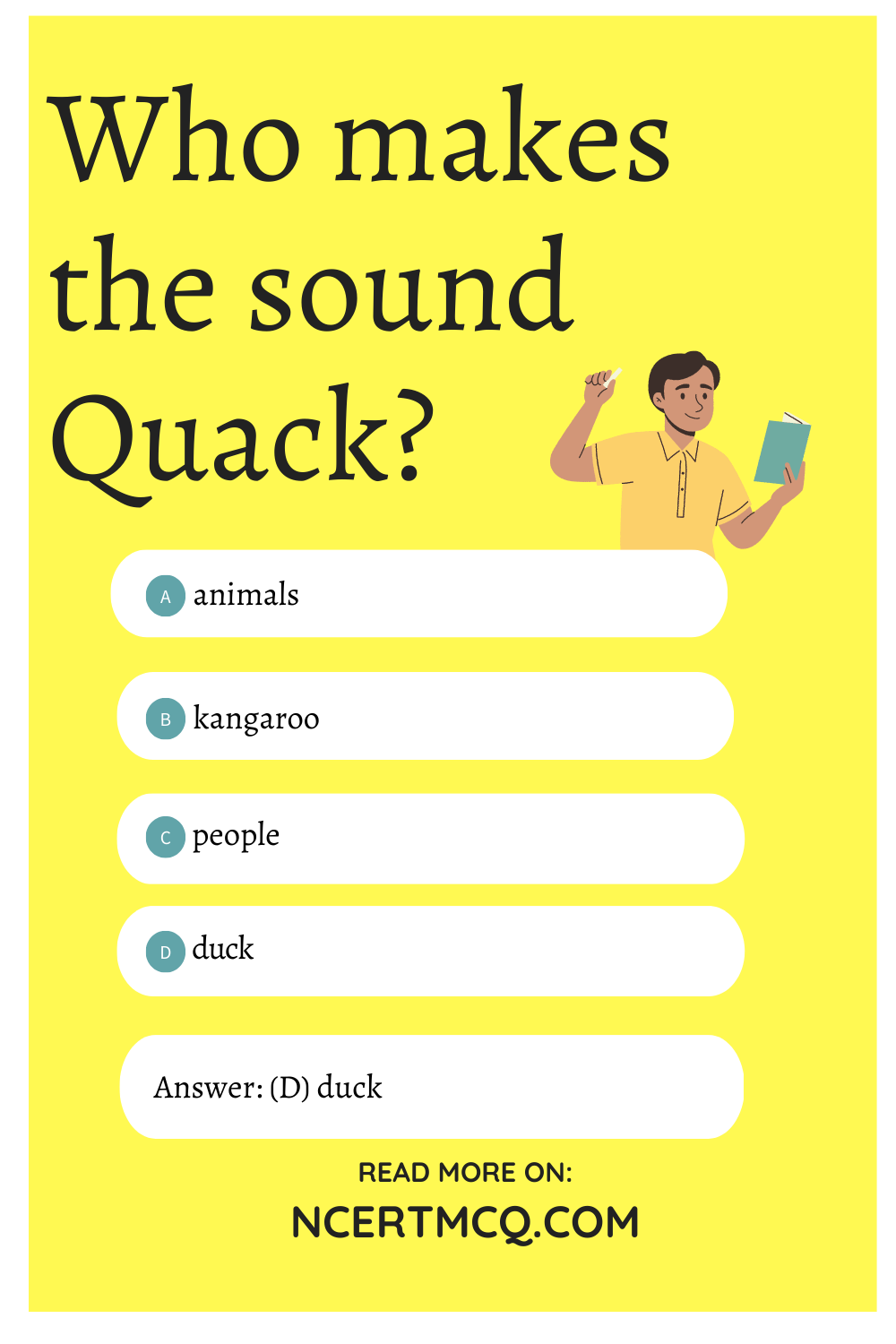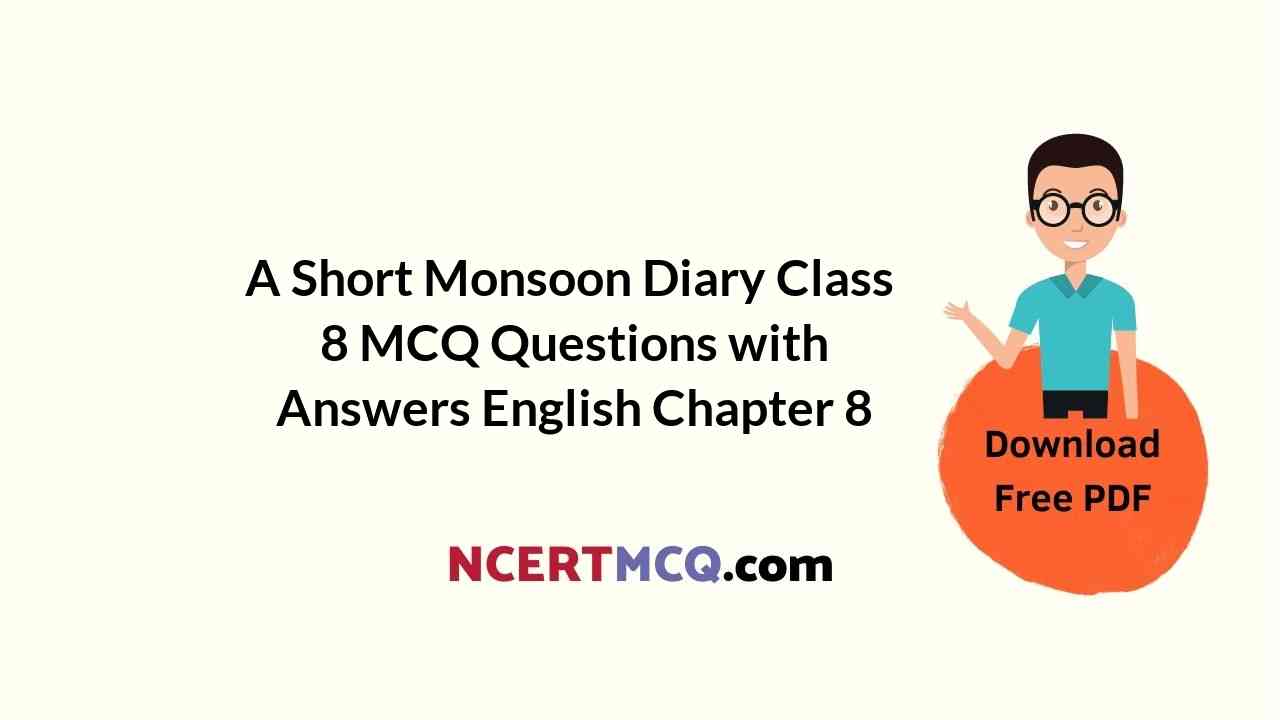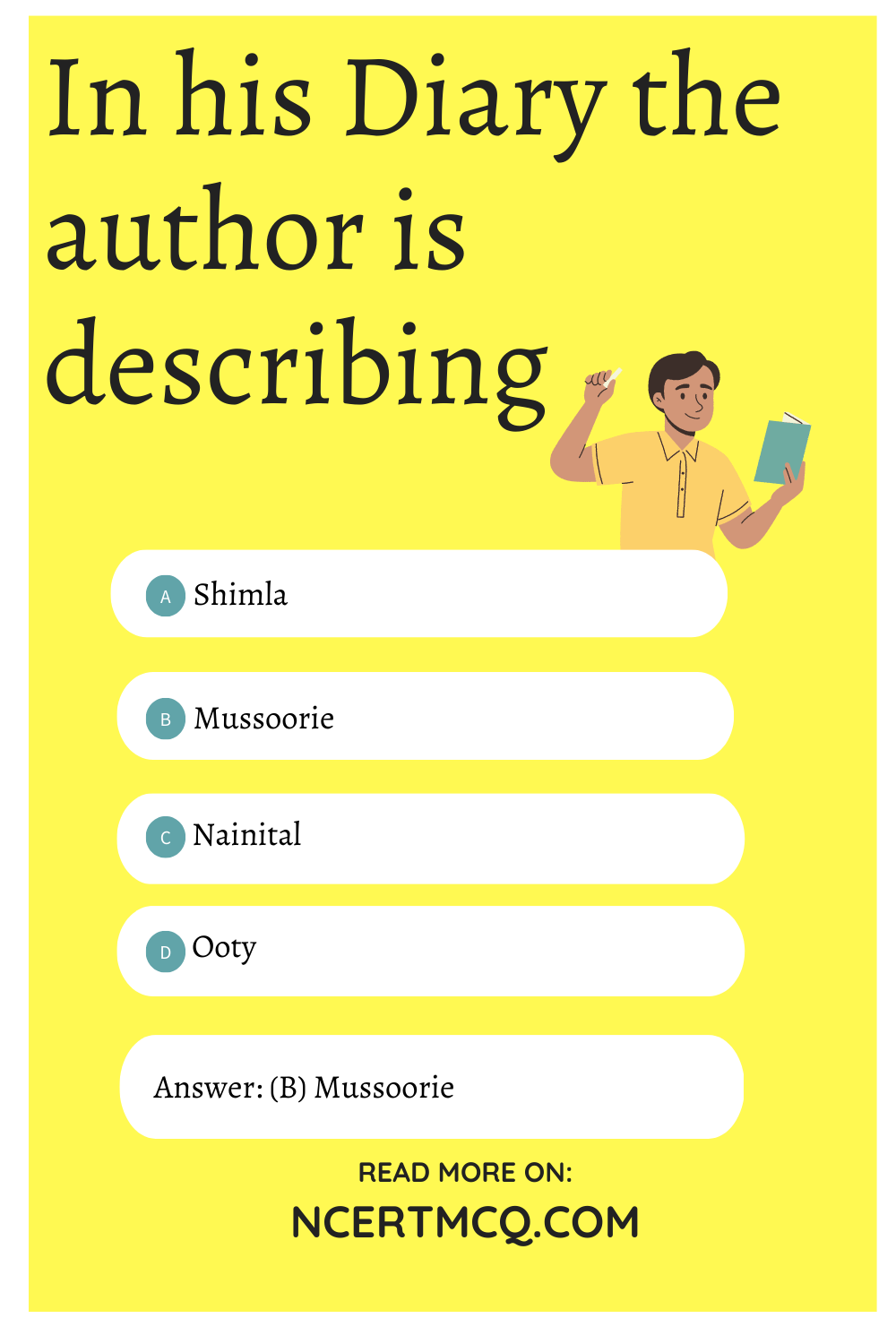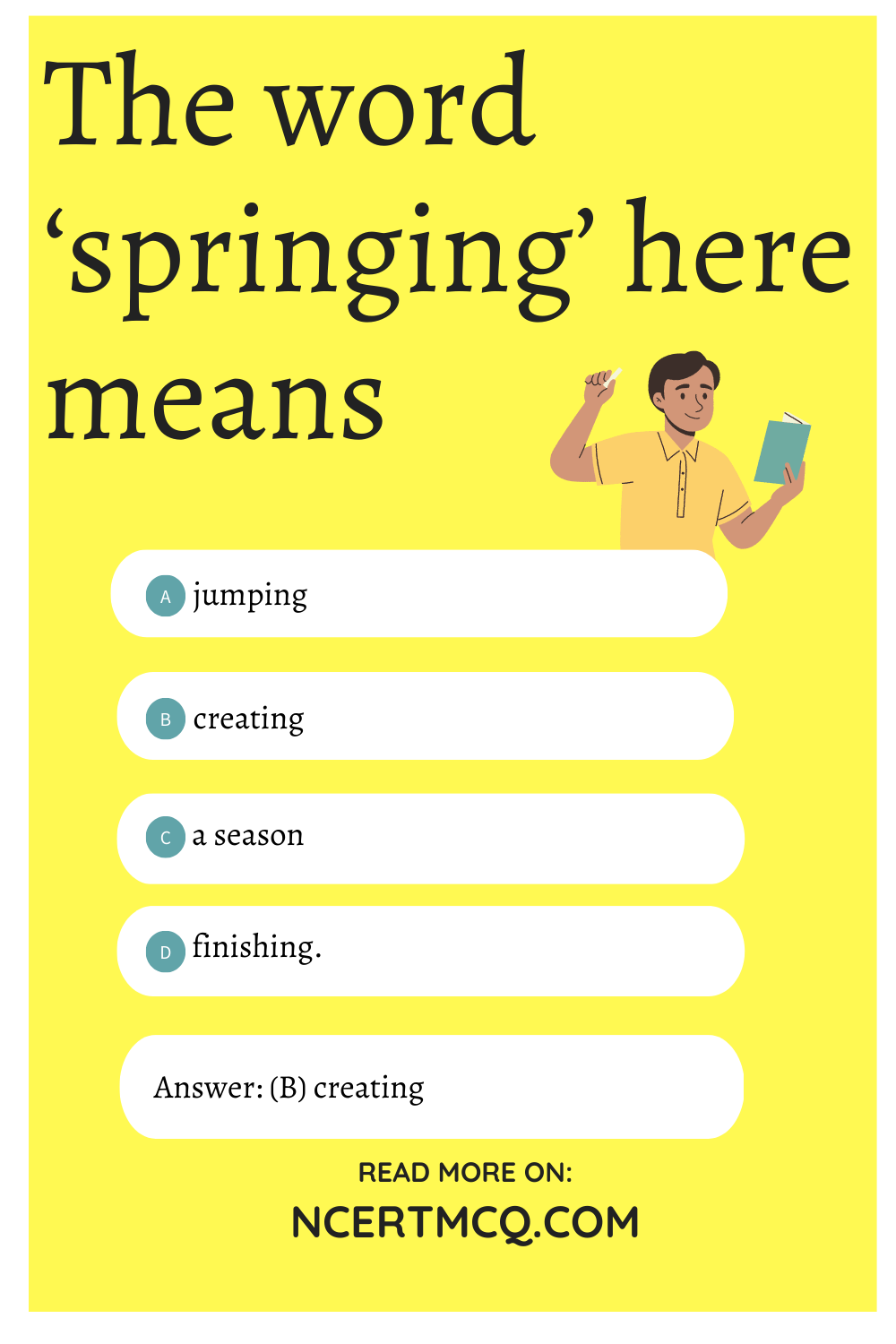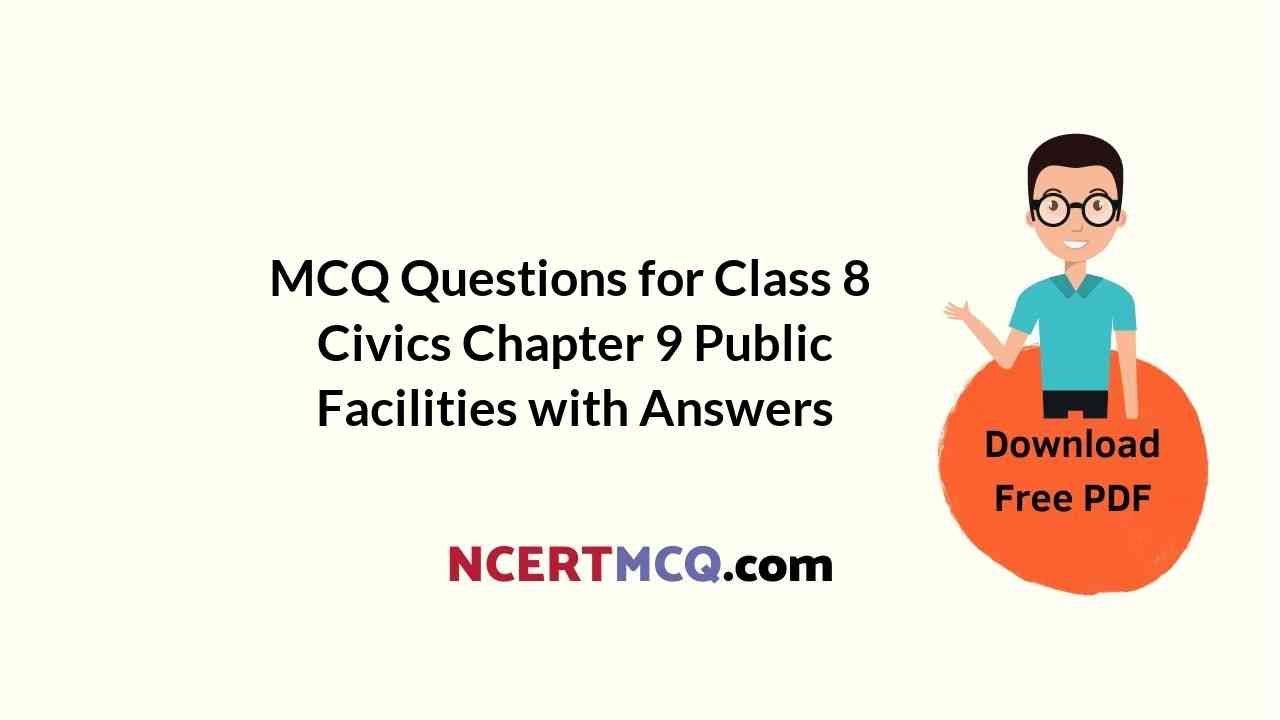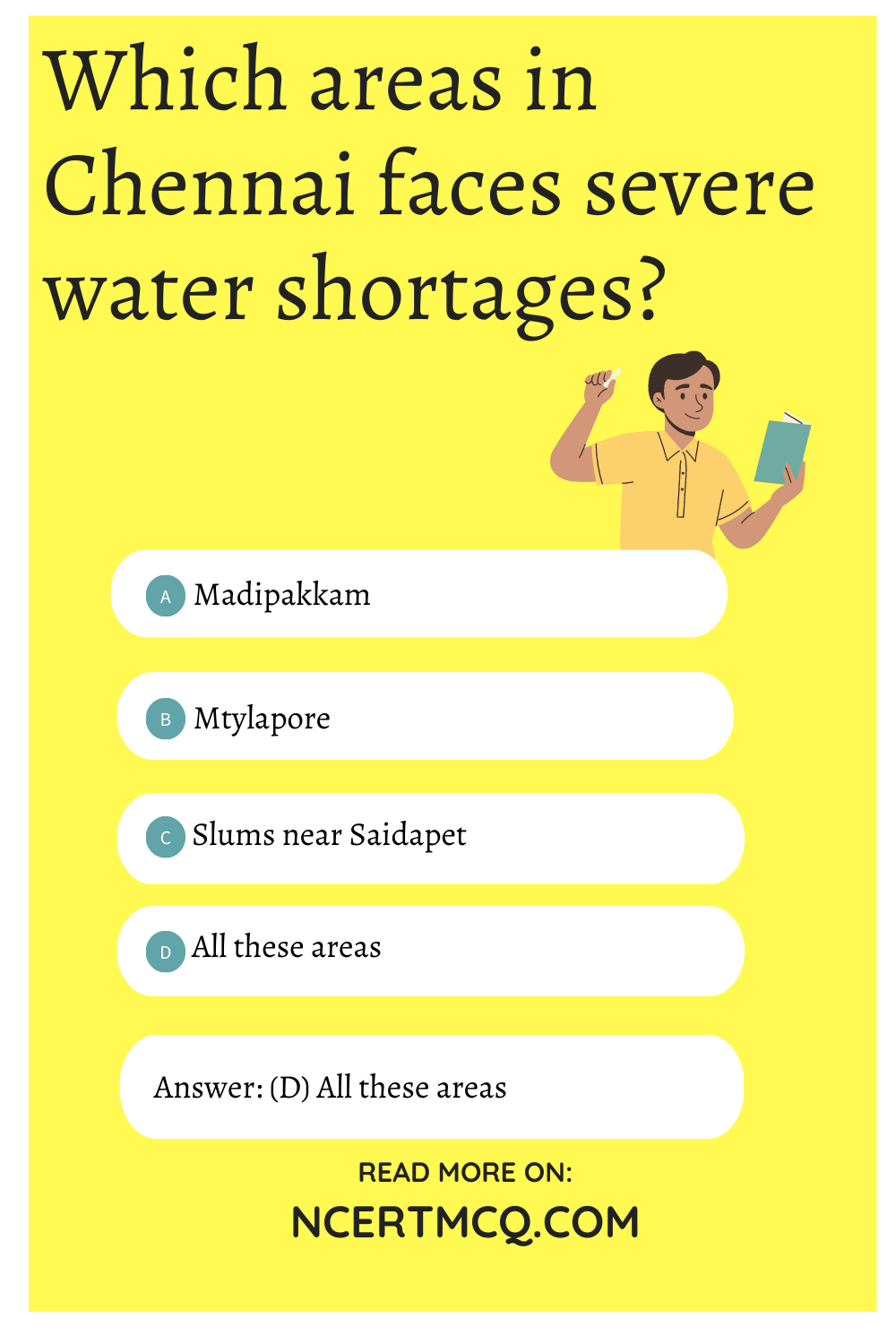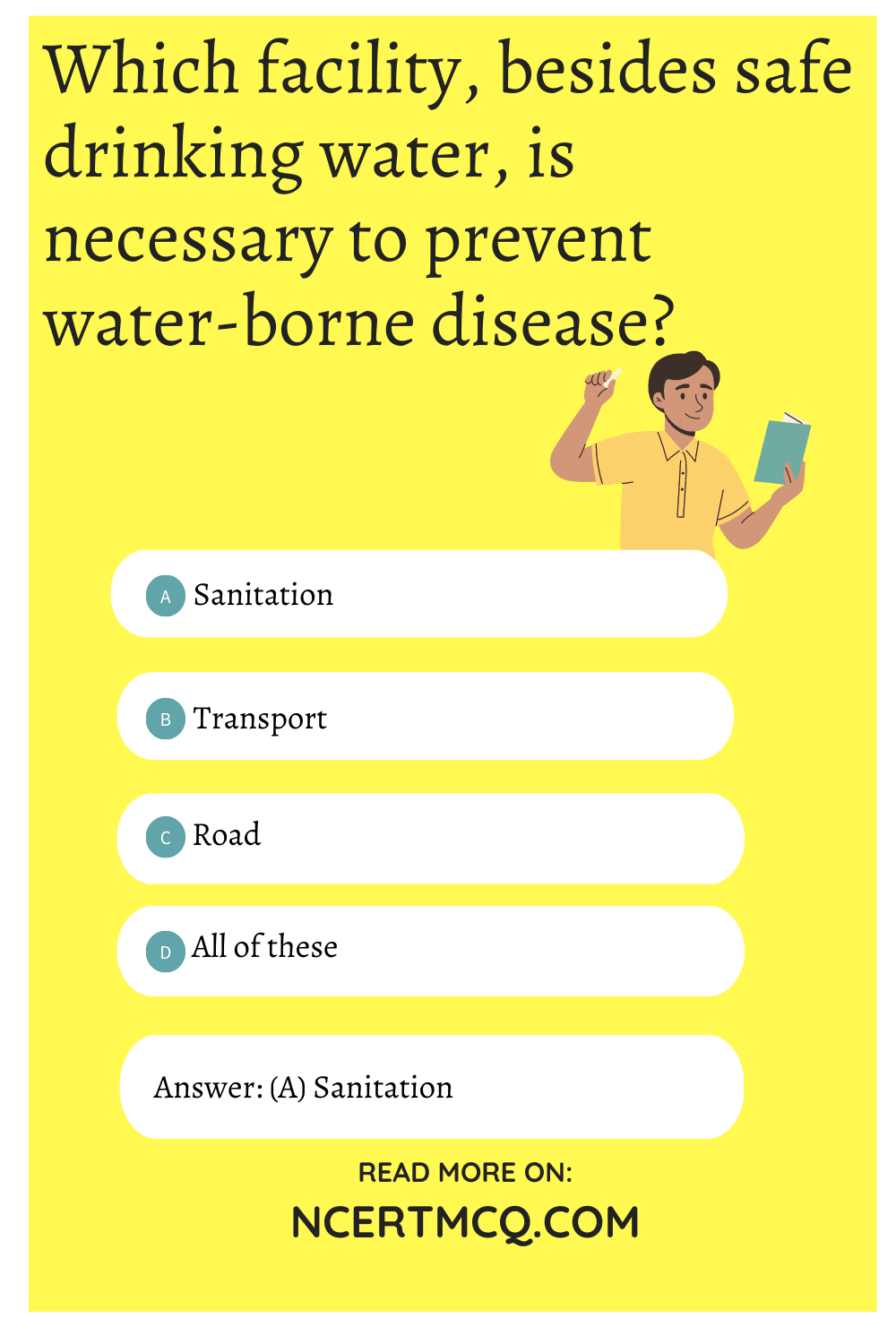Check the below Online Education NCERT MCQ Questions for Class 8 Geography Chapter 3 Mineral and Power Resource with Answers Pdf free download. MCQ Questions for Class 8 Social Science with Answers were prepared based on the latest exam pattern. We have Provided Mineral and Power Resource Class 8 Geography MCQs Questions with Answers to help students understand the concept very well. https://ncertmcq.com/mcq-questions-for-class-8-social-science-with-answers/
Mineral and Power Resource Class 8 MCQs Questions with Answers
Choose the correct answer:
Class 8 Geography Chapter 3 MCQ Question 1.
Why has quarrying become a major environmental concern?
(a) Because minerals are pollutants
(b) Due to dust raised from the quarrying activities
(c) Because it is done by displacing people
(d) None of these
Answer
Answer: (b) Due to dust raised from the quarrying activities
Mineral And Power Resources Class 8 MCQ Question 2.
The process of taking out minerals from rocks buried under the surface of the earth is named as
(a) mining
(b) pumping
(c) extracting
(d) none of these
Answer
Answer: (a) mining
Minerals And Power Resources Class 8 MCQ Question 3.
Give an example of shafts.
(a) Surface mining
(b) Deep bores
(c) Qff-shore drilling
(d) None of these
Answer
Answer: (b) Deep bores
MCQ Questions For Class 8 Geography Chapter 3 Question 4.
What is the process in which minerals lying near the surface are dug?
(a) Drilling
(b) Off-shore drilling
(c) Quarrying
(d) Extraction
Answer
Answer: (c) Quarrying
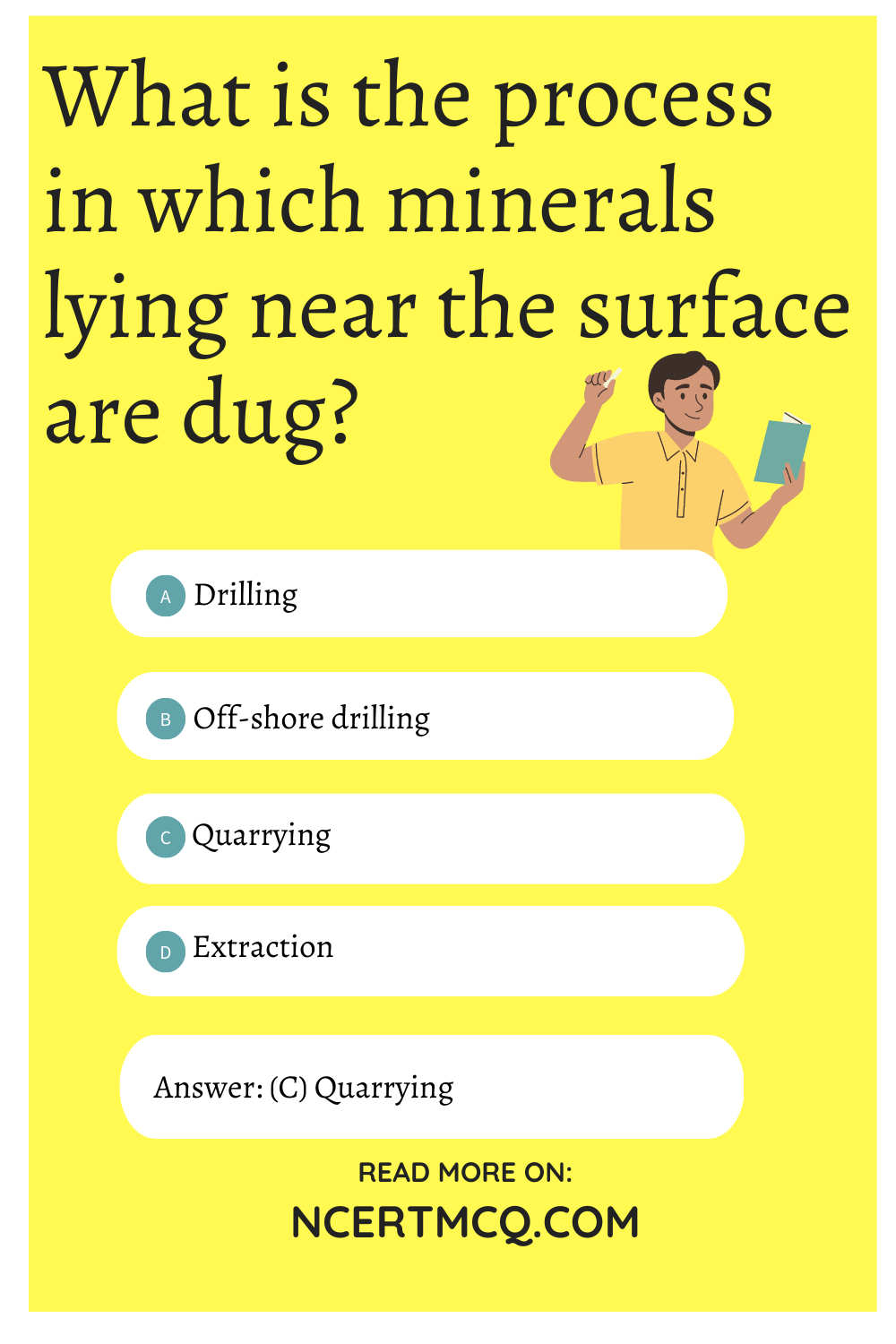
Class 8 Geography Chapter 3 MCQ With Answers Question 5.
Name the process in which deep wells are bored to take out petroleum and natural gas.
(a) Quarrying
(b) Drilling
(c) Shaft mining
(d) Open cast mining
Answer
Answer: (d) Open cast mining
Ncert Class 8 Geography Chapter 3 MCQ Question 6.
Gold is an example of minerals.
(a) ferrous
(b) non-ferrous
(c) both (a) and (b)
(d) none of these
Answer
Answer: (b) non-ferrous
MCQ For Class 8 Geography Chapter 3 Question 7.
Which continent is the largest producer of iron?
(a) Asia
(b) Europe
(c) North America
(d) Australia
Answer
Answer: (b) Europe
Mineral And Power Resources MCQ Question 8.
Which one of the following countries in Europe has the largest deposits of iron?
(a) Portugal
(b) Russia
(c) Germany
(d) Hungary
Answer
Answer: (b) Russia
Class 8 Chapter 3 Geography MCQ Question 9.
Which is one of the deepest gold mine of the world?
(a) Kolar
(b) Jharia
(c) Raniganj
(d) Bikaner
Answer
Answer: (a) Kolar
Class 8 Geo Ch 3 MCQ Question 10.
From which mineral is silicon obtained?
(a) Coal
(b) Bauxite
(c) Thorium
(d) Quartz
Answer
Answer: (d) Quartz
Class 8 Geography Ch 3 MCQ Question 11.
Suggest ways to conserve minerals.
(a) Reducing waste in the process of mining
(b) Recycling of minerals
(c) Both (a) and (b)
(d) None of these
Answer
Answer: (c) Both (a) and (b)
Geography Chapter 3 Class 8 MCQ Question 12.
Which one of the followings is not the way of saving energy at home?
(a) Switching off lights when not in use
(b) Keeping gas off when not in use
(c) Cooking food in an open pan on low flame
(d) Switching on lights during daytime
Answer
Answer: (c) Cooking food in an open pan on low flame
Chapter 3 Geography Class 8 MCQ Question 13.
Petrbleum is referred to as ‘black gold’ because
(a) it’is black in colour
(b) it is yellow in colour
(c) it is valuable
(d) it is used in making jewellery
Answer
Answer: (c) it is valuable
Geography Class 8 Chapter 3 MCQ Question 14.
Where do we find natural gas resources in India?
(a) Uttar Pradesh
(b) Bihar
(c) Mumbai High
(d) Jammu and Kashmir
Answer
Answer: (c) Mumbai High
Ch 3 Geography Class 8 MCQ Question 15.
Mineral fuel is found in:
(a) Sedimentary rocks
(b) Metamorphic rocks
(c) Igneous rocks
(d) All of these
Answer
Answer: (d) All of these
Question 16.
Which of the following are non-conventional resources?
(a) Wind energy
(b) Solar energy
(c) Tidal energy
(d) All of these
Answer
Answer: (d) All of these
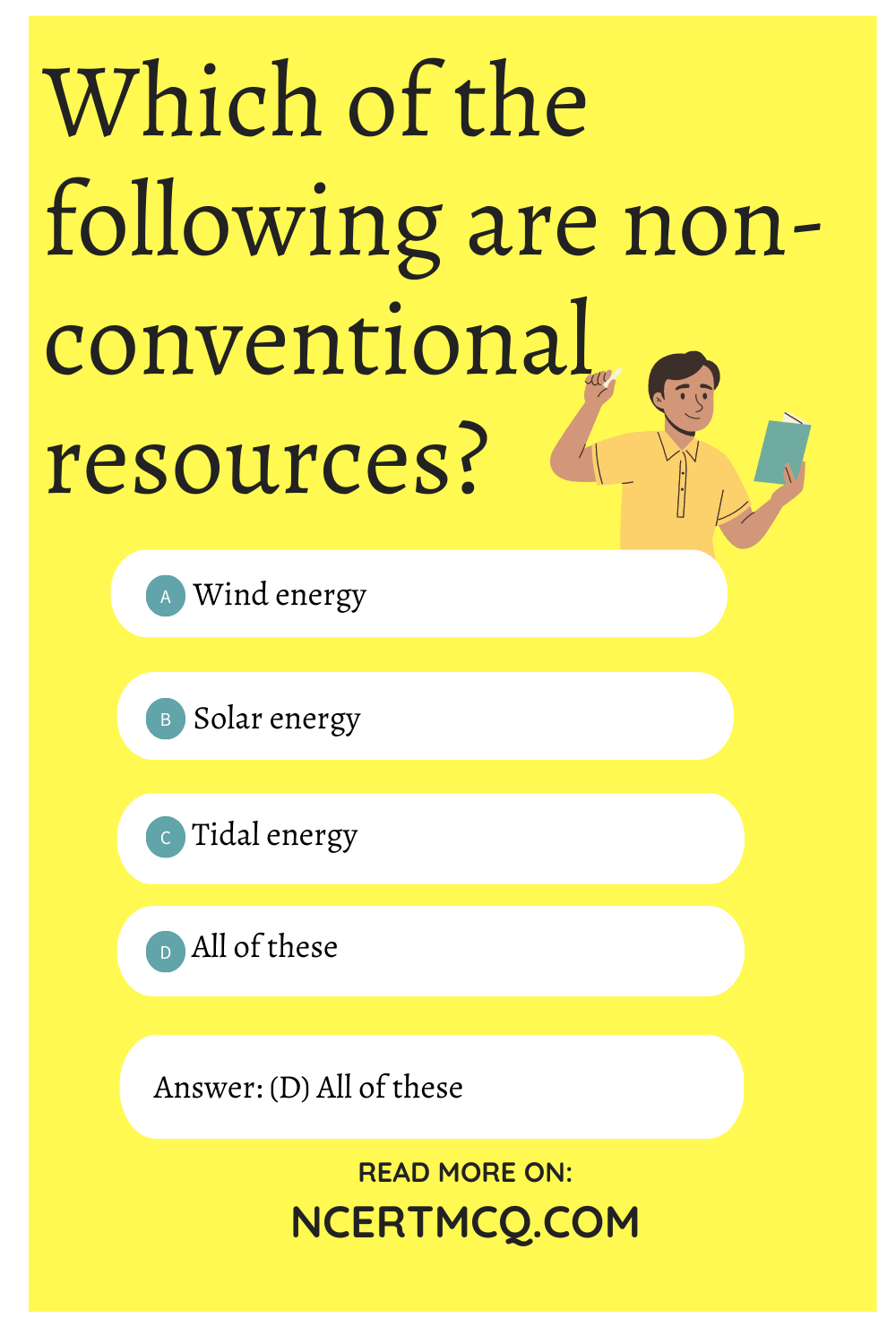
Question 17.
Energy obtained from the earth is known as:
(a) Nuclear energy
(b) Bio gas
(c) Geothermal
(d) Thermal
Answer
Answer: (c) Geothermal
Match the following:
| Column A | Column B |
| (i) Ferrous minerals | (a) Coal, petroleum, natural gas |
| (ii) Non-ferrous minerals | (b) Limestone, potash, nitrate |
| (iii) Metallic minerals | (c) Fully evaporated, solid, hard and blackest form of coal |
| (iv) Noh-metallic minerals | (d) Iron, manganese |
| (v) Foss’il fuels | (e) Zinc, lead, copper, gold |
| (vi) Coke | (f) Iron ore, bauxite, copper, gold, etc. |
Answer
Answer:
| Column A | Column B |
| (i) Ferrous minerals | (a) Coal, petroleum, natural gas |
| (ii) Non-ferrous minerals | (b) Limestone, potash, nitrate |
| (iii) Metallic minerals | (c) Fully evaporated, solid, hard and blackest form of coal |
| (iv) Noh-metallic minerals | (d) Iron, manganese |
| (v) Foss’il fuels | (e) Zinc, lead, copper, gold |
| (vi) Coke | (f) Iron ore, bauxite, copper, gold, etc. |
State whether true or false:
1. Petroleum is also termed as black gold.
Answer
Answer: True
2. Environmental aspects must be carefully looked into before building huge dams.
Answer
Answer: True
3. Kerala is the producer of mica.
Answer
Answer: False
4. Dams leads to environmental pollution.
Answer
Answer: True
5. Solar energy is a good source of energy in western part of Rajasthan.
Answer
Answer: True
Fill in the blanks:
(i) Russia is rich in …………….. resource.
Answer
Answer: Natural gas
(ii) Processing of digging out of minerals is known as ……………..
Answer
Answer: quarrying
(iii) Biogas is produced in …………….. areas.
Answer
Answer: rural
(iv) India …………….. in ferrous minerals.
Answer
Answer: is rich
(v) Australia is the largest producer of …………….. in the world.
Answer
Answer: bauxite
(vi) China and India have large …………….. ore deposits.
Answer
Answer: iron
We hope the given NCERT MCQ Questions for Class 8 Geography Chapter 3 Mineral and Power Resource with Answers Pdf free download will help you. If you have any queries regarding Mineral and Power Resource CBSE Class 8 Geography MCQs Multiple Choice Questions with Answers, drop a comment below and we will get back to you soon.
